
If you want more personal meaning in your photography, I recommend starting your own personal photography project.
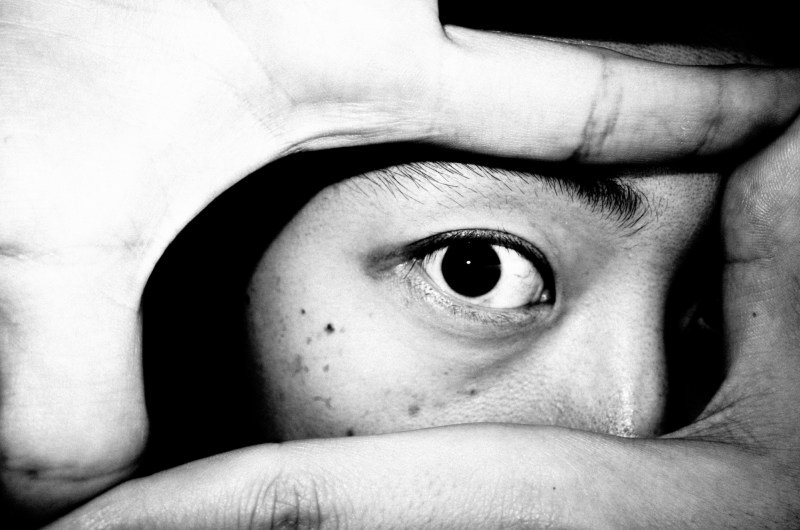

If you want more personal meaning in your photography, I recommend starting your own personal photography project.
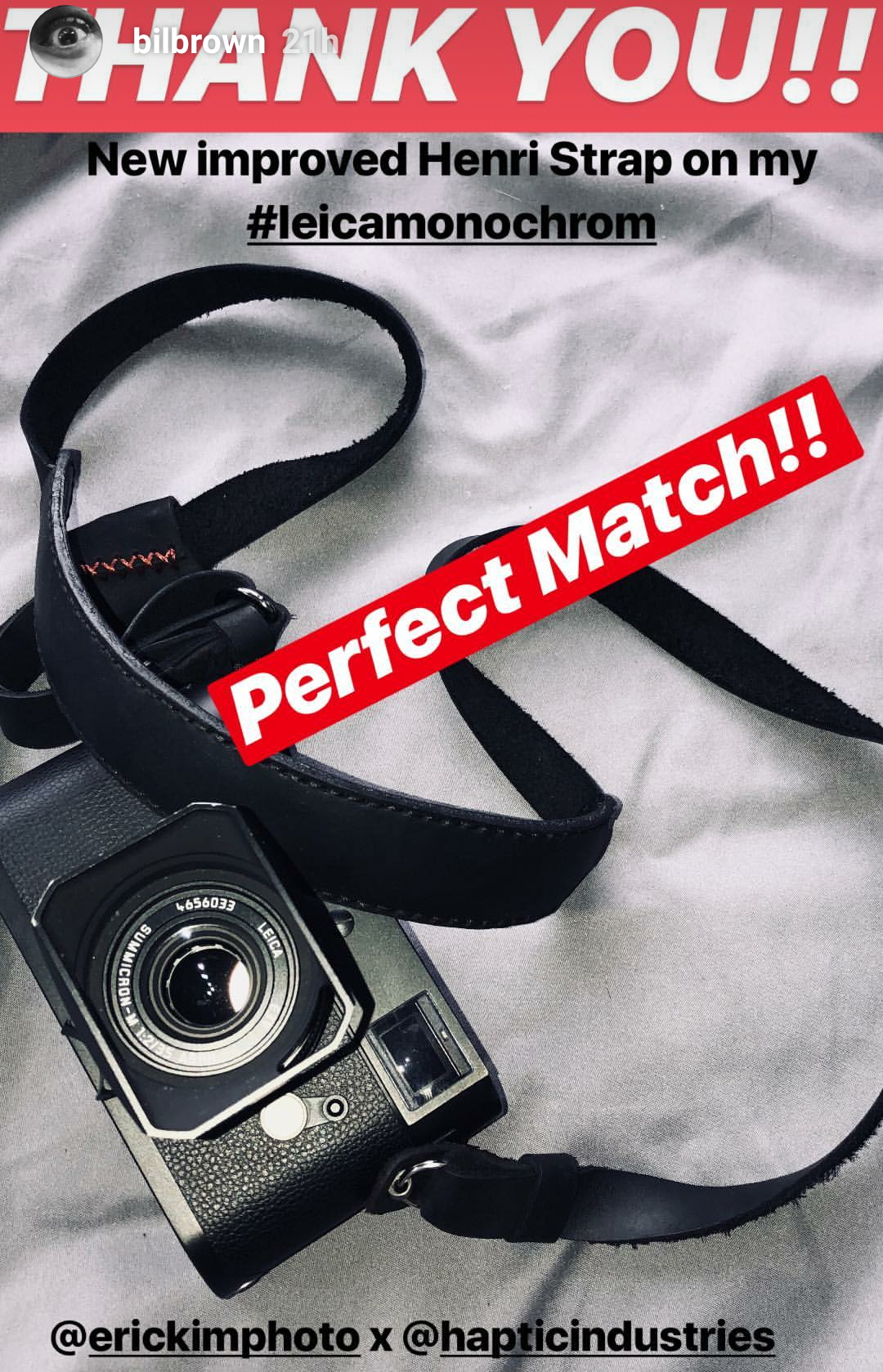

PHANTOM BLACK: Henri Shoulder Strap on Amazon 🔥🔥🔥.
Limited-Edition PHANTOM BLACK Henri Shoulder Strap. Always have your camera strapped on your neck or shoulder, and make some new epic visual boulders.
Make hot photos, make it smolder.
Make photos everyday, regardless of the day, or whether it’s black and grey. Keep prowling the streets with the PHANTOM.
Never miss another decisive moment again.
Never stop shooting. Win win win!

PHANTOM BLACK in Haptic Shop (For international shipping) >
Make sure to also check out all HENRI/ERIC KIM STRAPS by HAPTIC >
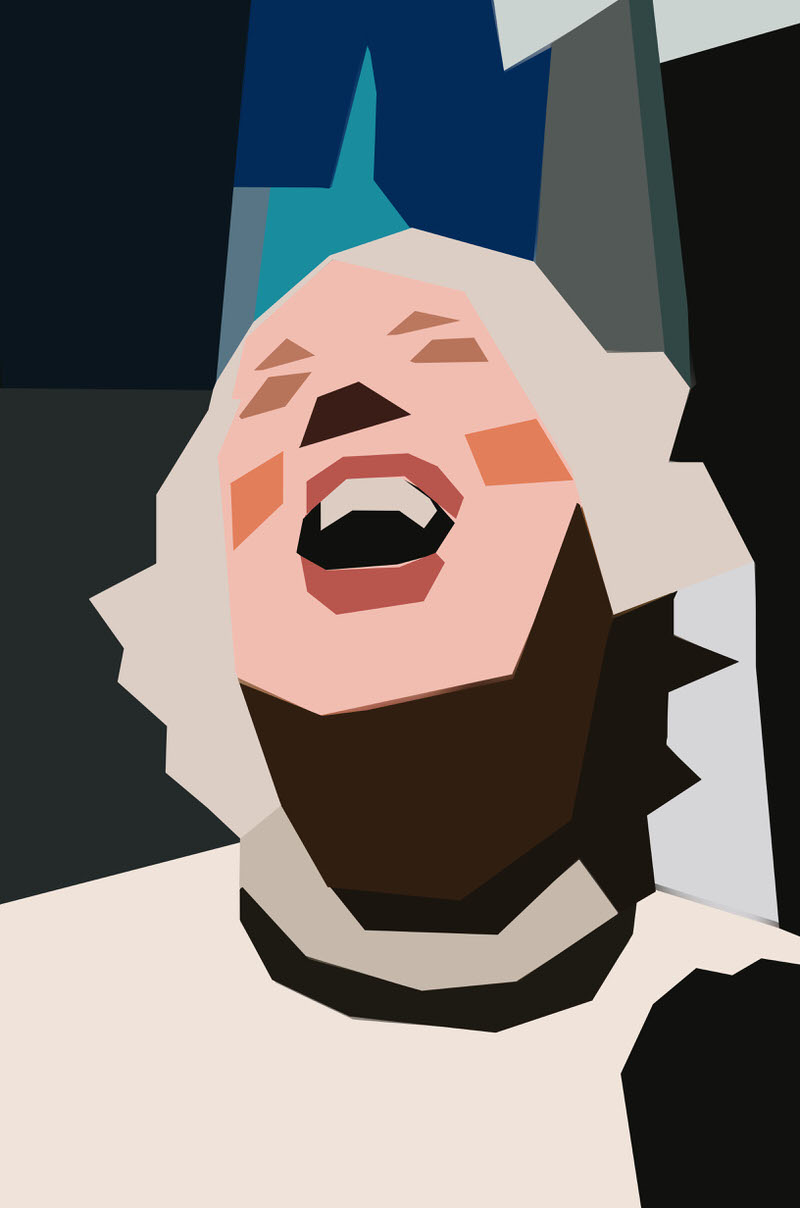

I’m in this interesting genre of photography called “street photography”. It’s a funny, fulfilling, and epic genre of photography in which we have this passion and curiosity of photographing strangers.

But before I talk about specifics on how to photograph strangers, let’s tackle a bigger question: Why photograph strangers?

So for myself, I photograph strangers because it opens up my world, perspective, and fulfills my inner-curiosity in other people. I studied sociology (the “science” of people) in school, and have always found human beings to be the most fascinating things. Why? Because it’s practical; as humans we all have to live in society with other humans. So sociology tackles questions like, “How can I best live with other people? How can I “succeed” in a world with other people?” And the deepest question,
What does it mean to be human?

In modern society, we have “xenophobia” (xeno: foreign / phobia: fright). We are afraid of the foreign. We’re afraid of foreign people; we even all them “illegal aliens” (dehumanizing them, seeing them like green aliens from UFOS).

I think street photography is the opposite reaction. We have “xenophilia” (love of foreigners). We are curious in other human beings (just like children), and we aren’t clouded with judgements, biases, racism, or stereotyping.
For example, when I was a kid, I didn’t see color. My best friends when I was 11 years in Bayside, Queens (New York) was my buddies Spencer (Spanish), Aditya (Indian), Jonathan (Jewish), Christian (Brazilian), Steven Chen and Pai (both Chinese), David (Korean). We were the ultimate rainbow crew, and we never hated on one another, besides when my friends said my house smelled like kimchi, and my friend Adityas house smelled like curry.

Anyways, I also believe that photographing strangers builds empathy. We feel their pain, we feel their emotions, we see the world from their perspective. We can also feel their joy, excitement, and warmth!

Sociology was a great major, but limited. We weren’t allowed to take photos of people and communities we were studying, because of “ethical” concerns. But now, I feel like I’m onto something interesting; bringing the gap between Sociology and Photography, which is street photography or Visual Sociology.
We use visual images (photos, videos etc) to better understand people, humanity, and society!

We can photograph strangers in many different ways. For example,
Shoot their photograph without permission (candidly, without talking or interacting with them)
First start talking to your subject, then take photos of them while they’re talking (without permission).
Start talking to the stranger then about 5 minutes in, ask for permission to photograph them.

I’ve also found these tips to help:
Give your subject “tactful flattery“, compliment them on why you find them interesting or beautiful.
Try to get rejected. Approach a bunch of strangers and ask for permission to photograph them, and keep asking until you get 10 rejections/”no’s”. More assignments in STREET HUNT.

Practical tip: take a Stoic approach. Expect to get rejected before asking for permission. This means if you get rejected, you won’t be sad or offended.

My simple suggestion, when photographing strangers without permission: If you take photos of a stranger, and they notice you making their photo, don’t just turn around and run away. Instead, make eye contact and smile! Smiling is the ultimate “life hack” in life and photography.

Another Stoic Street Photography approach: Prepare for your subject getting angry. Then how will you respond?
I generally just apologize, and move on. I’ll look at the photo on my lcd screen, and if the photo isn’t good, I’ll delete it. If the photo is good, I will just say “Sorry for offending you, but I don’t delete photos.”

To be honest, you might get into trouble photographing kids. But I do it all the time, with no problems. I just make sure TO NOT be candid. I talk with the kids, I interact with them. I crouch down and play with them. I open up my own inner child with them, and then the parents are cool. Often, I’ll offer to email the photo to the parents.


Never forget, you’re not just a creep or a weirdo for shooting street photography. You’re a visual historian, you’re a visual-social anthropologist. You’re doing a “net positive” to society by making photos of others, even if you might “minorly annoy” them.

Photography has to do with the impermenance of life, the fleeting moment, and documenting beauty around us. As photographers, we aren’t just photographers. We are artist-philosophers whom are seeking to understand both ourselves and others through the act of making photos.


Questions to reflect on:
Are your photos more about yourself, or others?
If you didn’t own Facebook or Instagram or any other form of social media, would you still make photos? Where else would you share your photos? Who would you share your photos with?
How does it feel while you’re in the zone of making photos? How do you feel once you get home? How do you feel when you’re looking through your photos?
Ultimately, are you a positive/optimistic person and photographer, or are you a pessimist?

For myself, whenever I make a photo of anything or of a stranger, I’m blessing them. I see a person or a moment and I think,
Wow this is a beautiful moment. I want to capture this moment and share it with others, to inspire and empower others as much as this moment empowered me!

Photography is phenomenal. Consider, you can show others what you saw! You have the control to frame your scene in a way which you want to present your own version of reality. Isn’t that amazing???

Ultimately, I always see photography as self therapy. When I’m making photos, I’m happier. I’m more optimistic. I find more beauty and joy in the world!

Don’t just take photos of strangers. Photograph your loved ones, just like how I photograph Cindy.

Ultimately the fate we all share is death. So never let fear hold you back from making any type of photos.

Be bold, and fly higher. Make more photos and rack up those frequent fliers.
Make photos which make your heart sing. Keep on winning everyday, win that 6th ring.
Don’t worry about the gear or equipment. Make photos with whatever camera or phone you have, just make sure to shoot photos which you think are authentic and real to you. Stay glued to your own creative vision, just like super glue.

With photography, we have a lot to chew with our eyes. Much of the world is shrouded in shadows and disguised. Before you die, before your own personal demise, be the nice guy, and smile. You’re going to be alive for a while, so why not use that opportunity to make photos that make your heart sing?

Make photos, dance and love. Be the black swan, Michael Jackson with the thrilling white glove.
Your photos might scare, confuse, or provoke, but don’t choke! Never doubt yourself, and stay true, even though you’re beaten pink and blue.

The world is a fun visual zoo; your own personal visual playground. So don’t quiet or mute yourself; play your photos loud!
ERIC
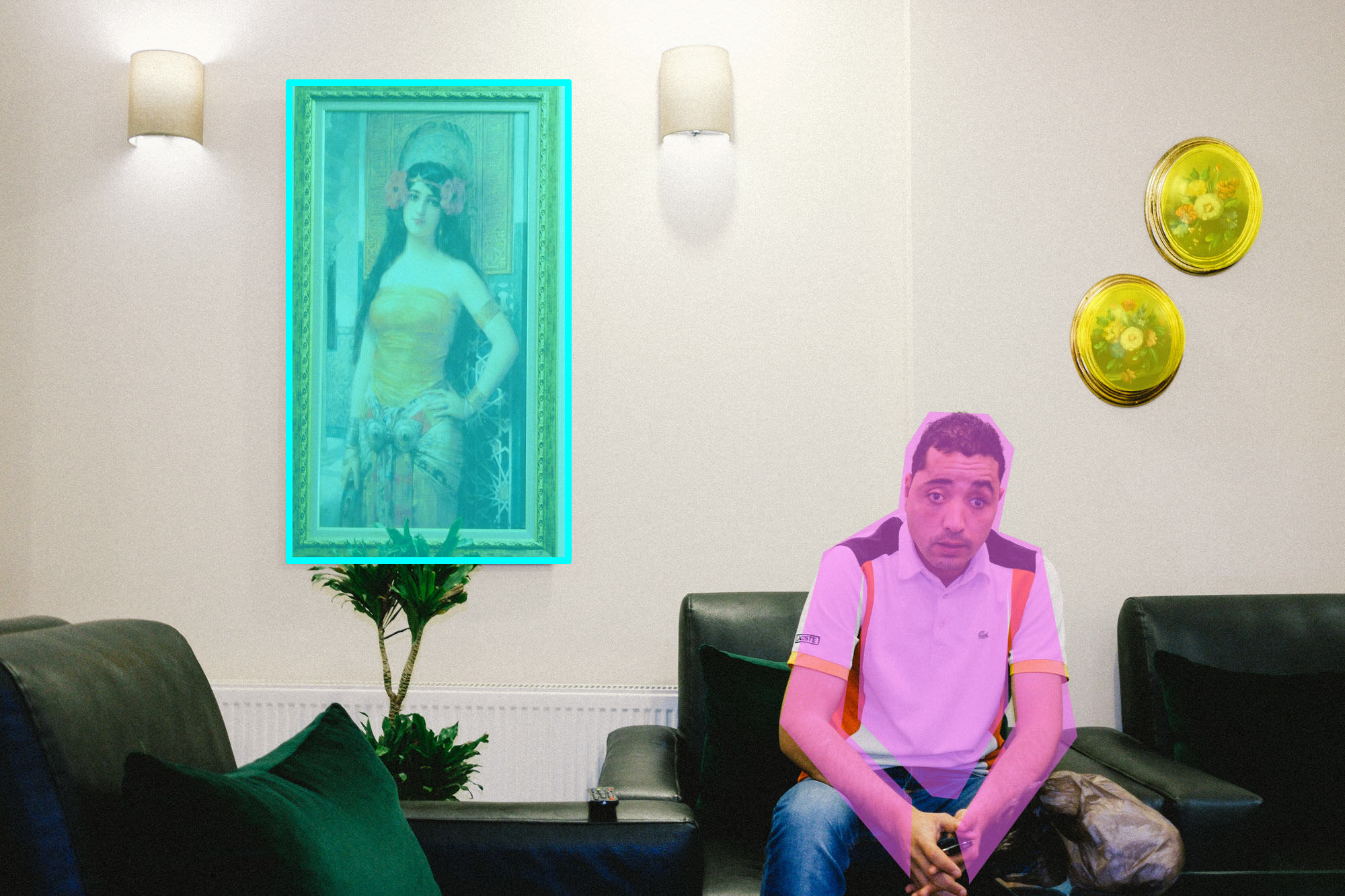

Hey brother, I understand your relationship to the gram
Every morning we wake up and turn to the left and pick up our phone
How many new likes did I get? How many new followers did I get?
What’s your plan for getting more followers? What’s the new hashtag I should hop on?

Oh shit, it’s not noon yet, I can’t upload for my fans. I wonder how many more likes I can get?
Stuck in traffic with the phone, no don’t pick up your phone; leave it alone.

With the gram I had no more focus, no more ZEN zone. My mind constantly distracted and defracted. How do I do one thing at a time? Nah, no focus, no tactics for getting real work done.
As kids we’re always told to think outside the box, to innovate, and make new stuff. But now we’re all stuck in boxes. Boxes on the gram, our box cars, our box cubicles, our boxed meals, and our boxed minds.
I say don’t be a slave to the gram; make your own master plan for making new epic shit. Shred your old melody, make it ring. Make your creative heart sing, and shine hard like bling.
Everyday make a new thing, and upload it to your own website or blog. Beat it up like eggnog, share it when though it isn’t perfect. If it’s 80% good enough, hit publish.
Own your own platform, be in your own zone. Today is a new day; build your own Rome.
HUSTLE HARD,
ERIC
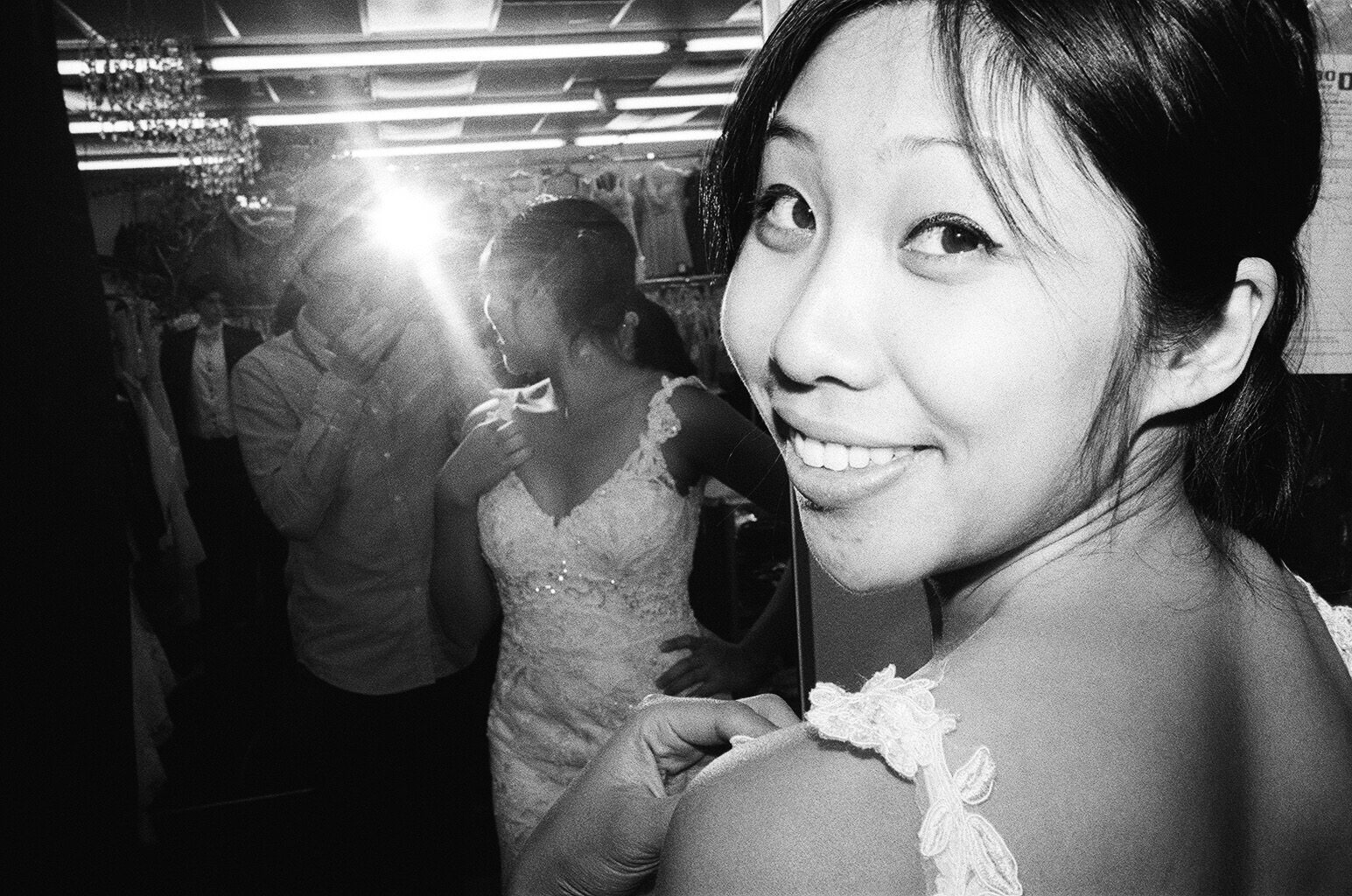
If you want to make more meaningful photos of your life, photograph your partner, your best friend; perhaps your wife.
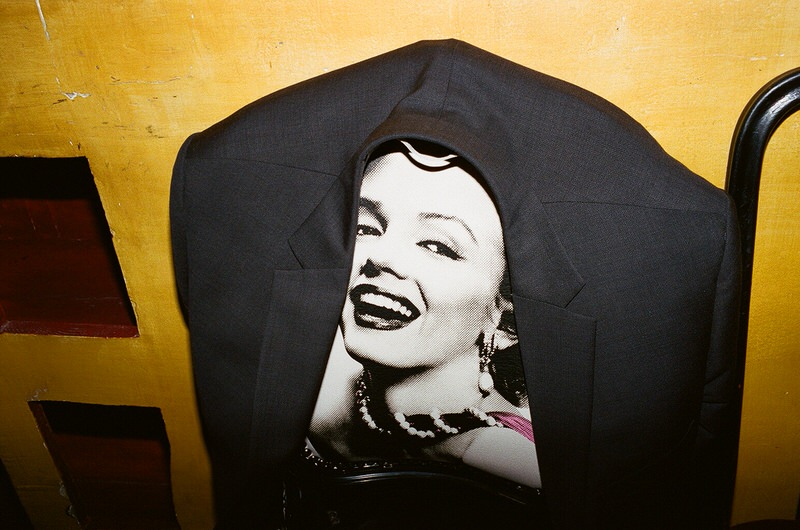

What does it feel like to be “famous”, what are the benefits of fame? Is it desirable to be famous, or actually harmful/negative? Let me share some of my perspectives being an “internet famous” photographer.
Okay so upfront, it’s “net positive” for me to be internet famous. Why? It has opened up a lot of doors for me, which have led to interesting experiences (traveling, teaching workshops internationally, giving talks all around the globe), meeting cool people (so many interesting people I’ve met through photography, through random business connections or through my own workshops), and of course I have much more leverage (social proof, being an “influencer” I think is more important than being rich, in terms of your “social power”).
Fame/influence is one of those funny things that you cannot buy; so in a sense fame is better than money. A philosophical question (assuming you can only have one): would you rather be rich and unknown, or famous and poor?
For example, Gandhi was “famous” but vowed a life of poverty. Obama isn’t poor (upper middle class in terms of his finances), but is one of the world’s most famous faces.
A lot of people on the internet (myself included) are famous, but don’t make that much money. For example currently I’m in the $100-200k yearly salary income bracket (combined income wirh Cindy) which is rich for 99.9% of the world, but I’m certainly not rich in comparison to my hedge fund manager friends, my surgeon friends, or venture capitalist friends.
But of course there are downsides to fame. Honestly, 99% of the downsides are mental (in yourself). For myself, the higher I flew, the more afraid I was of falling. When you accrue a certain number of followers, regardless of how many followers you have (whether 100, 500, 1000, 5000, 10k, 20k, 50k, 100k, 200k, 1m, 2m, etc) seeing any negative dip is painful. 2,000 years ago there was a wise stoic saying (learned it from Seneca I think):
Pulling out a hair from a bald man (poor person) is as painful as pulling out a hair from a man with much hair (rich person).
It’s kind of how it would be more painful for someone worth 1 billion dollars to drop owning “only” 10 million dollars, compared to someone who is worth 1 million dollars dropping to being worth 500,000 dollars. What causes more psychological pain is the percentage drop, not the “absolute sum”. Kind of reminds me of the stock broker person worth 100 million dollars who committed suicide after losing 90 million dollars, leaving himself with “only” 10 million dollars to live on (oh, the shame, the shame!!!)
Anyways, this is what happens to you psychologically once you become “famous”: you end up becoming more risk-averse, which means, you stick to the “tried and true” formulas, and you stop innovating. You just end up repeating yourself, and end up boring yourself to death/feeling frustrated and lost.
For example let’s say you become famous for your black and white photography, or your street photography. If you suddenly stop shooting that way, and you start to share color family portraits, you’re going to start losing followers. And that is psychologically painful to everybody, no matter how famous, rich, or powerful you are.
I think in order to live the happiest and most epic and fulfilling life, we must seek to constantly innovate, to break new frontiers, and to discover new processes, tools, and technologies to drive ourselves and the human race forward! Ultimately I think innovation for the sake of innovation is worth it; especially if our innovations end up helping ourselves and others.
So once again, the danger of becoming famous is that you stop innovating. Steve Jobs was greatly inspired by the book, “The innovators dilemma” which tackles the similar problem: successful and big companies stop innovating, and end up fasting into obsolescence.
Some stories and people whom inspire me to constantly innovate, even in the face of opposition and self-doubt:
Anyways, I think the benefits of being famous are the following:
2.

Visited my buddy BIL BROWN at his studio in Downtown LA yesterday, and had fun with his new RED (DRAGON 5K) CINEMA CAMERA:

Based on a rendition of Kanye West’s “My Beautiful Dark Twisted Fantasy” RUNAWAY song (Cinematic VMA Rework) poem:
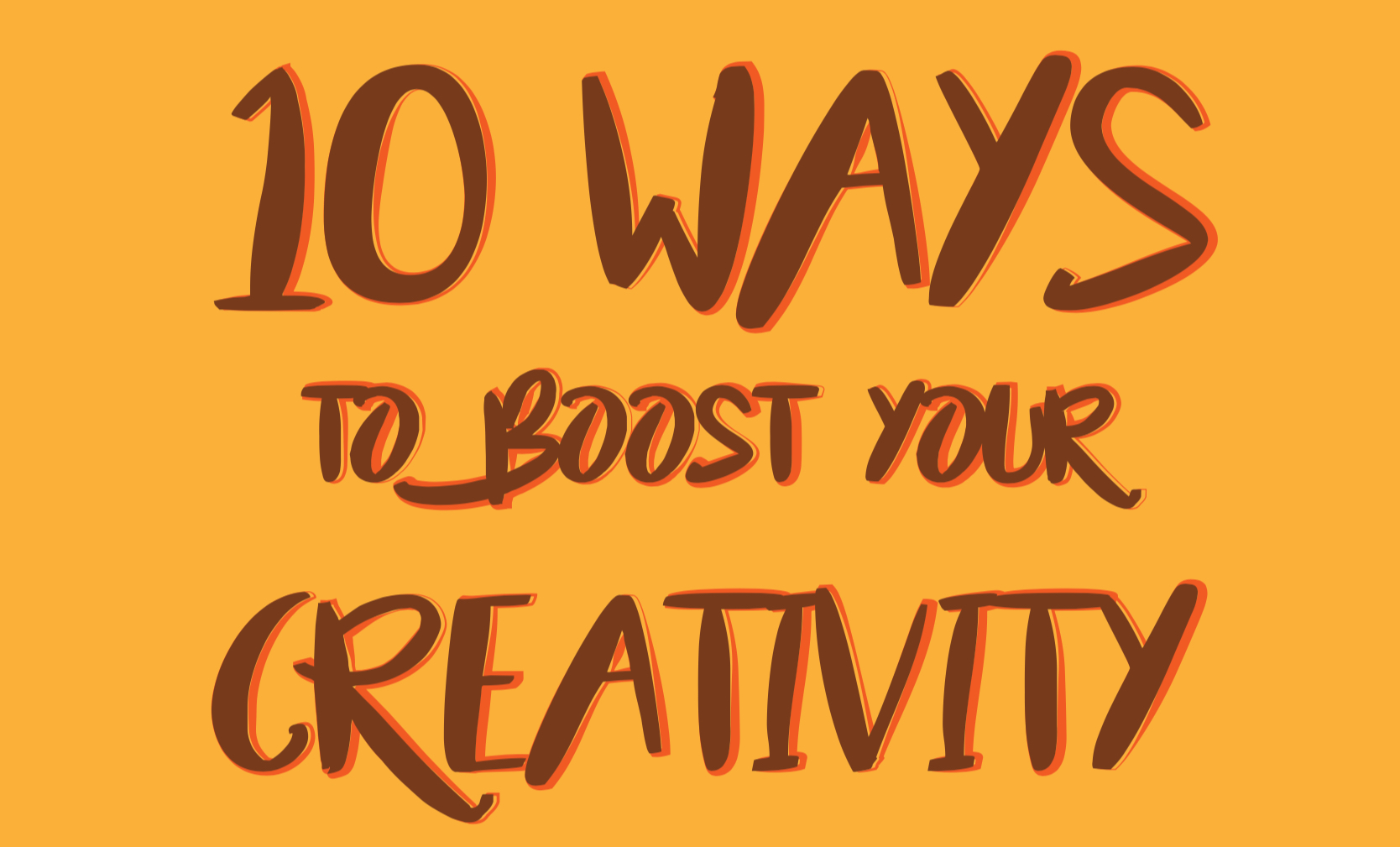

Dear friends,
Fresh off the HAPTIC PRESS: 10 Ways to Boost Your Creativity: PDF Visualization by ANNETTE KIM!
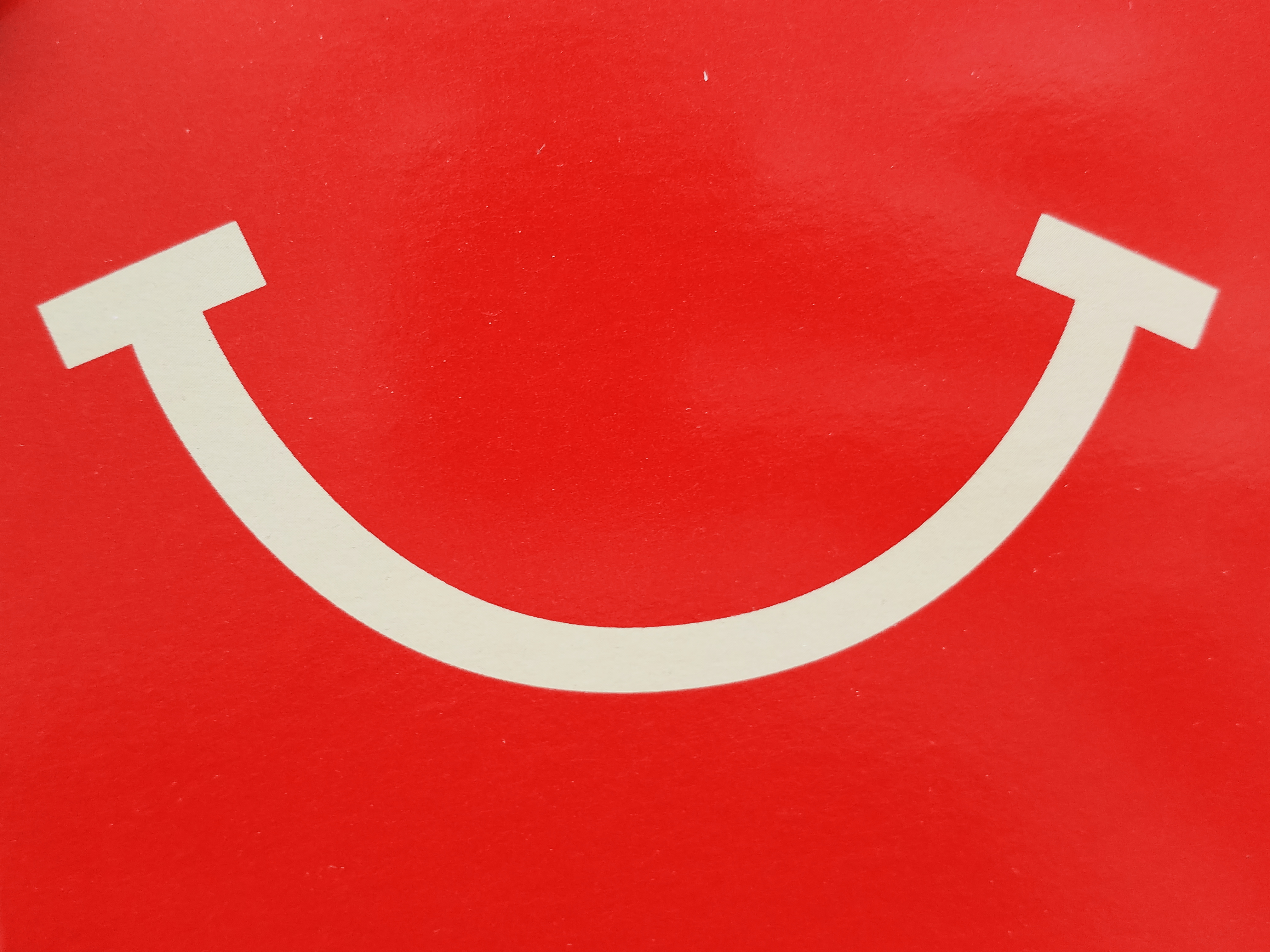

Dear friend,
I want to take it back to basics to your photography: to respark your passion and enthusiasm for photography. Let’s take it back to “first principles” by asking ourselves, “What is photography, and why shoot photos?”
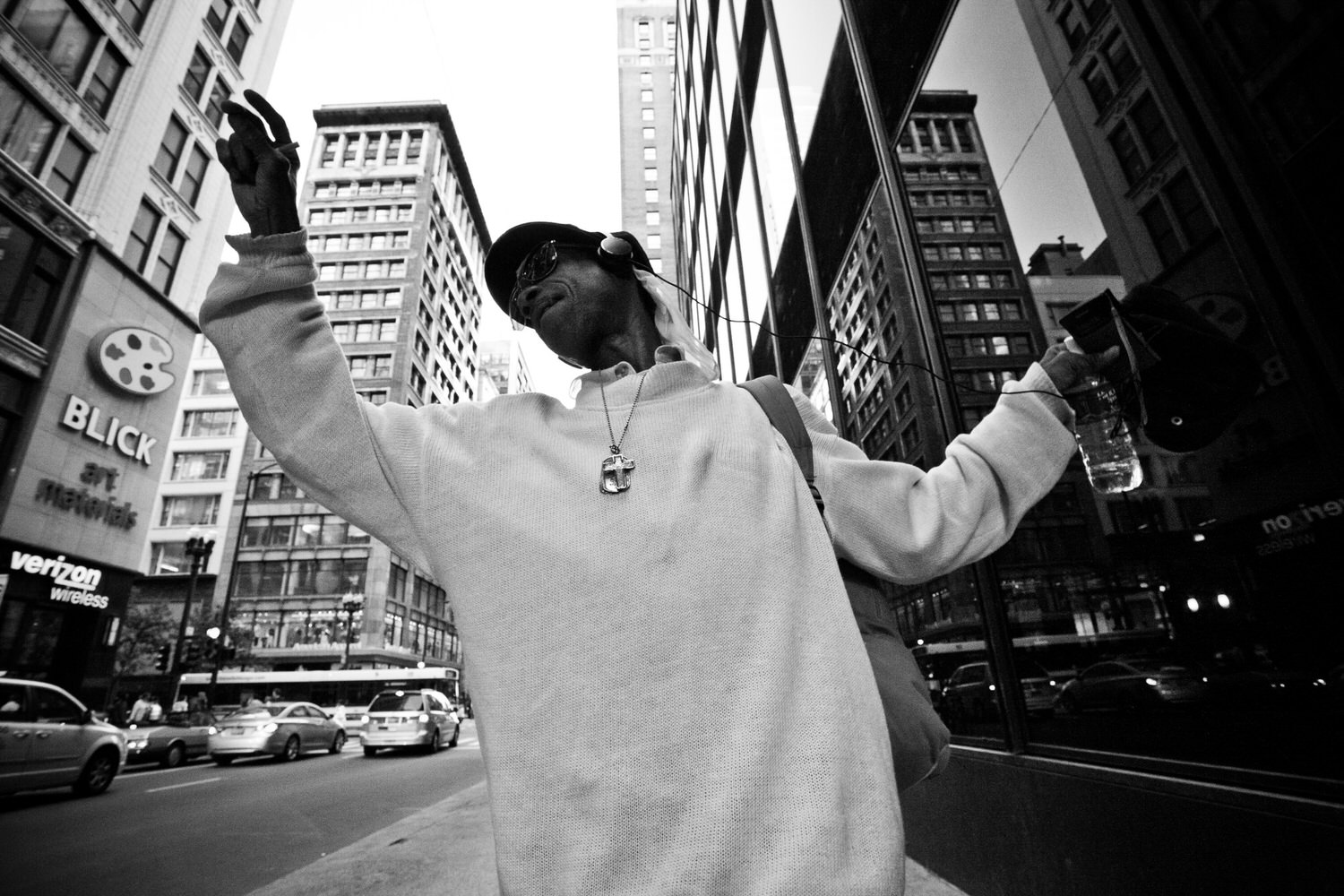

Dear friend,
I think all of us seek to be “happy” in life. But to me, the concept of “happiness” is too vague and imprecise. What I think we are really chasing is the “creative spirit of ecstasy” (inspired by the Rolls Royce emblem).


You’re on a new level
You’ve sharpened your bezels
Putting your self-doubt in the dirt
You deserve a gold medal!
Yesterday you took an L, but today you’re ready to fight back
You’re back in beast mode, black eyes, ready to go fast
You’re on a totally new spiritual plane
Ain’t nobody else in your atmosphere, your mind and vision is clear
Cheer, dance, smile, giggle, and grin
Remember, you got this shit, all you do is win.
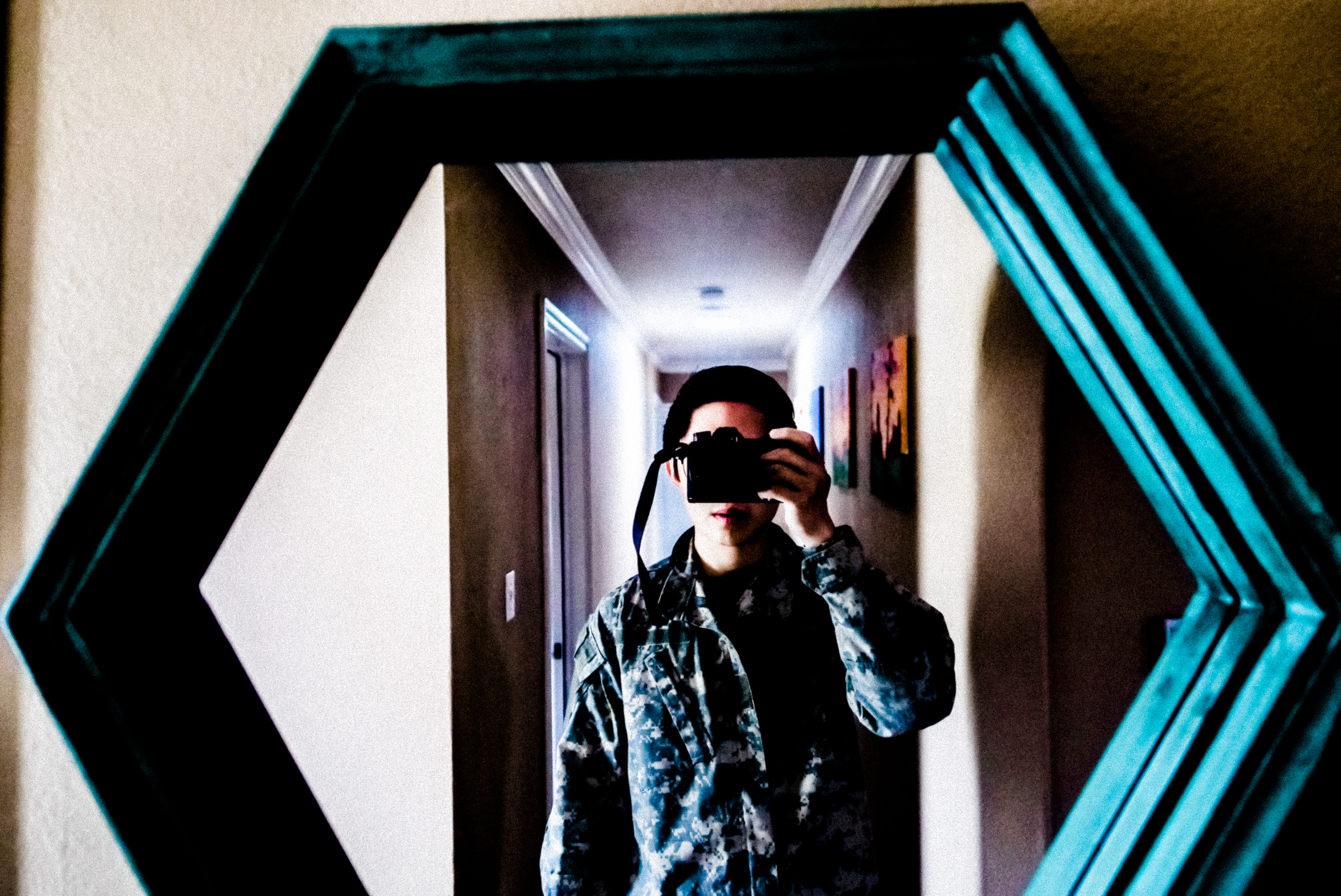

Humans by default aren’t lazy!
A lot of psychologists and pseudo-intellectuals spout that humans are naturally lazy and unmotivated, and this is the cause of our obesity, our lethargy, and laziness. I disagree. I think by nature, humans are adventurous, explorers, and curious individuals who are rather made passive by video games, media, news, social media, celebrity gossip, junk food, drugs, alcohol, etc.
In diet and exercise circles, some “experts” say that by default, humans seek to conserve energy, and therefore are naturally “lazy” and won’t expend unnecessary energy.
I disagree with this line of thinking. Of course I cannot speak for everyone, but I’ll speak for myself.
For myself, I get antsy when I stay indoors all day, or if I go long periods of time without exercising, lifting weights, or walking/moving. My body craves movement and physical exertion; without it I get depressed, anxious, frustrated, and my brain doesn’t work as well.
This is my theory why the winter months can be so brutal: not because of the cold, but because the cold prohibits us from going outside and walking around as much. When it’s cold and miserable outside, it is more difficult to be physically active. I know in places where it snows, the snow and ice can even prevent you from driving to to the gym, or prevent you from even leaving your home.
If you’re interested in photography or street photography, you are a natural explorer. You desire to discover new things, new places, you desire to meet and encounter new peoples, and you desire to make new photos! Therefore the spirit of hustle, movement, and axtivs energy is what comprises your DNA!
So what are the practical takeaways from this line of thinking or philosophy?
Thus the ultimate takeaway is this:
Seek to know thyself (better).
ERIC
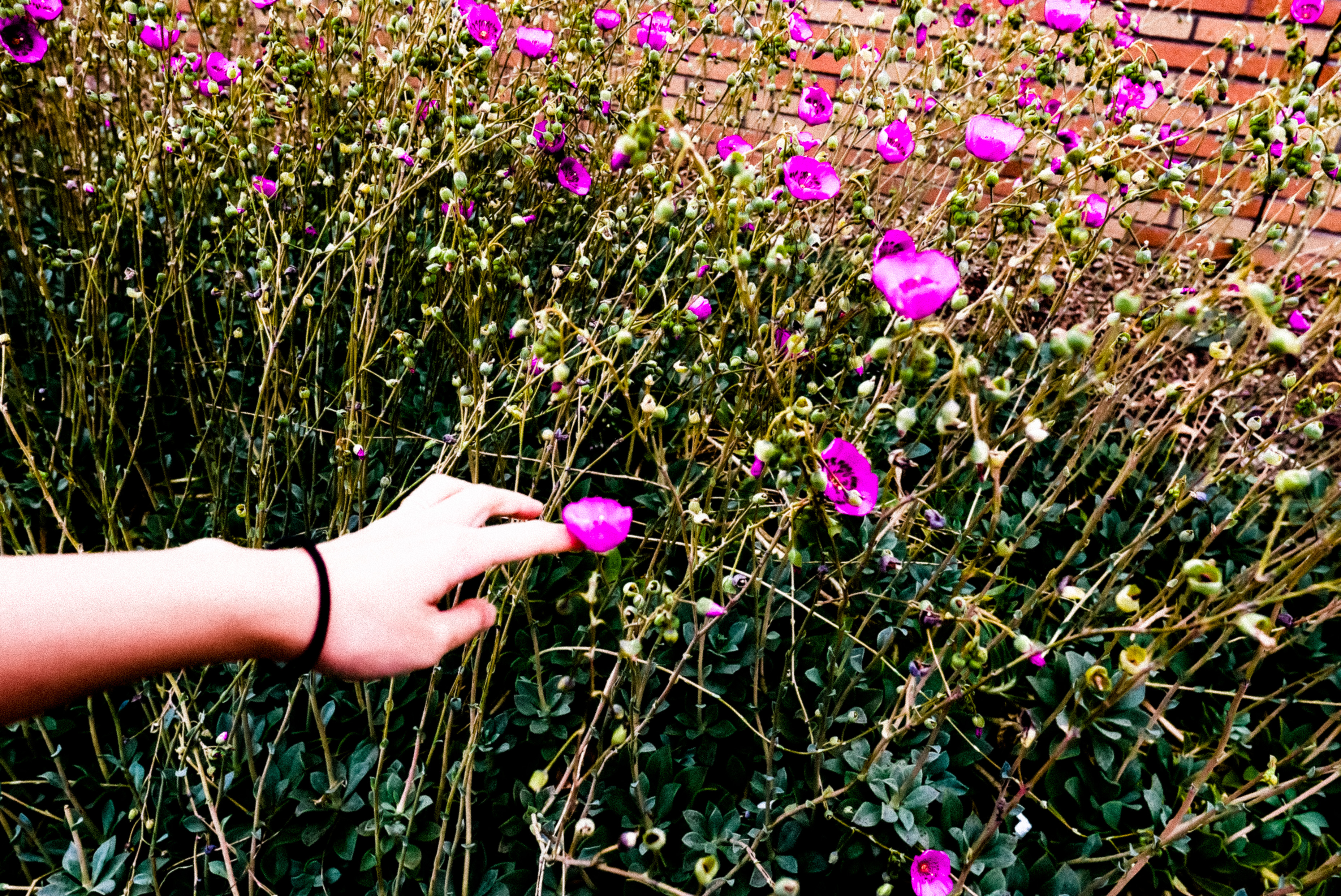

Something I’ve been pondering for a a long time: what makes something “beautiful” vs “ugly?” What makes a beautiful photograph, and what makes a “bad”/ugly photograph?

Applied wider: what makes certain designs appealing (car design, bag design, watch design, home design)? Are aesthetics 100% subjective or is there any objectivity in it? Is beauty based on things we’ve been socialized into believing, or is there some biological/evolutionary preference to certain aesthetics?

And taken further; how would you define “aesthetics”, and why even bother studying aesthetics, or what is the societal significance/impact of aesthetics?

So let me just stream some thoughts:
First of all, I believe that aesthetics are partly subjective and partly objective. Subjective because a lot of beauty is socialized. For example, in the 1800s in France, it was considered more beautiful for women to be plump, and men to be thin. Now in America (2010s) it is considered more beautiful for women to be thin, and men to be bigger and more muscular.

However, I don’t think that all aesthetics are purely subjective. I think there is some objectivity to aesthetics.

For example, if a human being had the physique of Jabba the Hut from Star Wars; I don’t think anyone would find that beautiful. I also believe if you saw a 500 pound person, almost everyone would find that physique as being “ugly”.

My theory is that a lot of our innate conceptions of beauty comes from nature and from human survival/thrivival instincts.
For example many aesthetic principles come from nature. For example the “fiboacci spiral” (or the “golden ratio”) is derived from nature. Look at the self-replicating pattern of a

conch shell, the proportions of inside a flower or even note the “fractal” pattern in which trees grow.

The problem with aesthetics is that a lot of modern aesthetics (like smooth surfaces, smooth and flat roads, and buildings/home design) is contrary to nature.

For example, take a walk inside a park, or preferably inside a wild forest. Do you see any flat surfaces or smooth surfaces? No. There is an infinite variety of textures, curves, shapes, forms, which is visually enriching and pleasing to the human eye. It is therefore of my belief that true beauty isn’t 100% symmetrical, isn’t totally smooth, and youth isn’t always the most beautiful thing.

For example, the most beautiful trees we are are knotted, twisted, and grow in all these assymetric patterns. Also of course, the older a tree is, the more we praise it. An older tree is a beautiful tree. Shouldn’t we apply the same philosophy to humans? (the older the human, with the more wrinkles, crevices and texture in their skin, the better and more beautiful?)

The bad trend I see in photography is that everyone tries to make their photos perfectly symmetrical. But to me, this is boring.
I think assymetric compositions are far more elegant, interesting, dynamic, and epic than static, symmetrical compositions.

For example study a beautiful bonsai tree. Note how it curves to one direction, yet is still balanced. Assymetry doesn’t mean unbalanced. Trees are assymetric, yet they are still balanced (they don’t topple over).
Taking this into a philosophical direction; perhaps humans can apply an “assymetric” lifestyle, yet still be balanced and strong!

For example, Nassim Taleb talks about the “barbell” (bimodal) strategy to life, where we embrace and thrive off extremes. But the secret is this: you can embrace the extremes in life, yet still be balanced!

Things which I do which work for me:

Do you ever look at modern art and youbdonr “Get it?” Happens to me all the time.
Marcel Duchamp revolutionized the field of art when he turned a urinal/toilet and declared it “art”. It challenged all of us to ask ourselves,
What is art, and what is the purpose of art? Can ordinary objects be considered art?
Then you get innovators like Andy Warhol, who turns something as common and mundane as Campbell’s Tomato Soup into an art and cultural object.

Which means this: Anything which humans consider as “art” is generally a human concept. If humans see something as art, it is art.
Also, I don’t think you need a majority consensus to validate something. For example, if you consider something as “art”: it is art! Of course it is beneficial if multiple individuals agree on something, but your own approval as your own artworks as being art is good enough.
For example, consider that a ruby is the color red. You don’t need 1,000 people to confirm this. Only one person is sufficient to quality/validate this claim.

Also even more interesting (Black Swan concept by Nassim Taleb) is that you only need 1 individual to devalidate or falfisy (Karl Popper) something. For example if for 2,000 years no human has ever seen a black swan (only have seen white swans), that doesn’t mean that black swans don’t exist. It simply means nobody has observed a black swam yet.

Therefore if you’re the person who totally goes against the grain in terms of “rules” in art, aesthetics, life, or whatever; you’re the only black swan that needs to exist, to validate a brand new concept or idea!
To me this is a very exciting discovery, because it means that you, an individual of 1 person, can totally change the world, and innovate massively! You can be the “Archimedes lever” that can positively change the world for the better!

Anyways sorry for getting off topic, to bring it back, my takeaway is this:
If you think something is beautiful or ugly in your eyes, it is.
Now, realize that you shouldn’t superimpose your own personal judgements of beauty on others. Otherwise we will become tyrants.

This means, we must be tolerant towards the views, perspectives, and opinions of everyone in society. But of course there are certain things we should have zero tolerance for; for example slavery, subjugation of women/children/elderly, and we should follow the Hippocratic oath, “Primum non nocere” (First do no harm). Which means, our viewpoints and opinions shouldn’t be used as weapons to harm or attack others.

Taken further, use your own opinion of yourself and your own body image as a barometer of your own self-beauty, and your own self-esteem/self-worth.
If you look at yourself in the mirror, and you love the way you look, then you are beautiful! Consider there are some bodybuilders whom no matter how muscular or low body fat percentage they get, they still don’t like what they like looking at.

What do you find beautiful? Keep cultivating your own aesthetic vision.
Whatever you consider ugly, avoid it yourself. But if others find what you consider ugly as beautiful; let them be. Become tolerant to the aesthetic views of others; we can all live in harmony together in society, without forcing others to adopt our own views.

This is the beauty of a free, open, and democratic society. We all have the freedom, choice, and option of living a life however we desire, a life true to ourselves, without being forced to believe something else (dictatorship, slavery, tyrrany).
Be unabashedly you!
ERIC

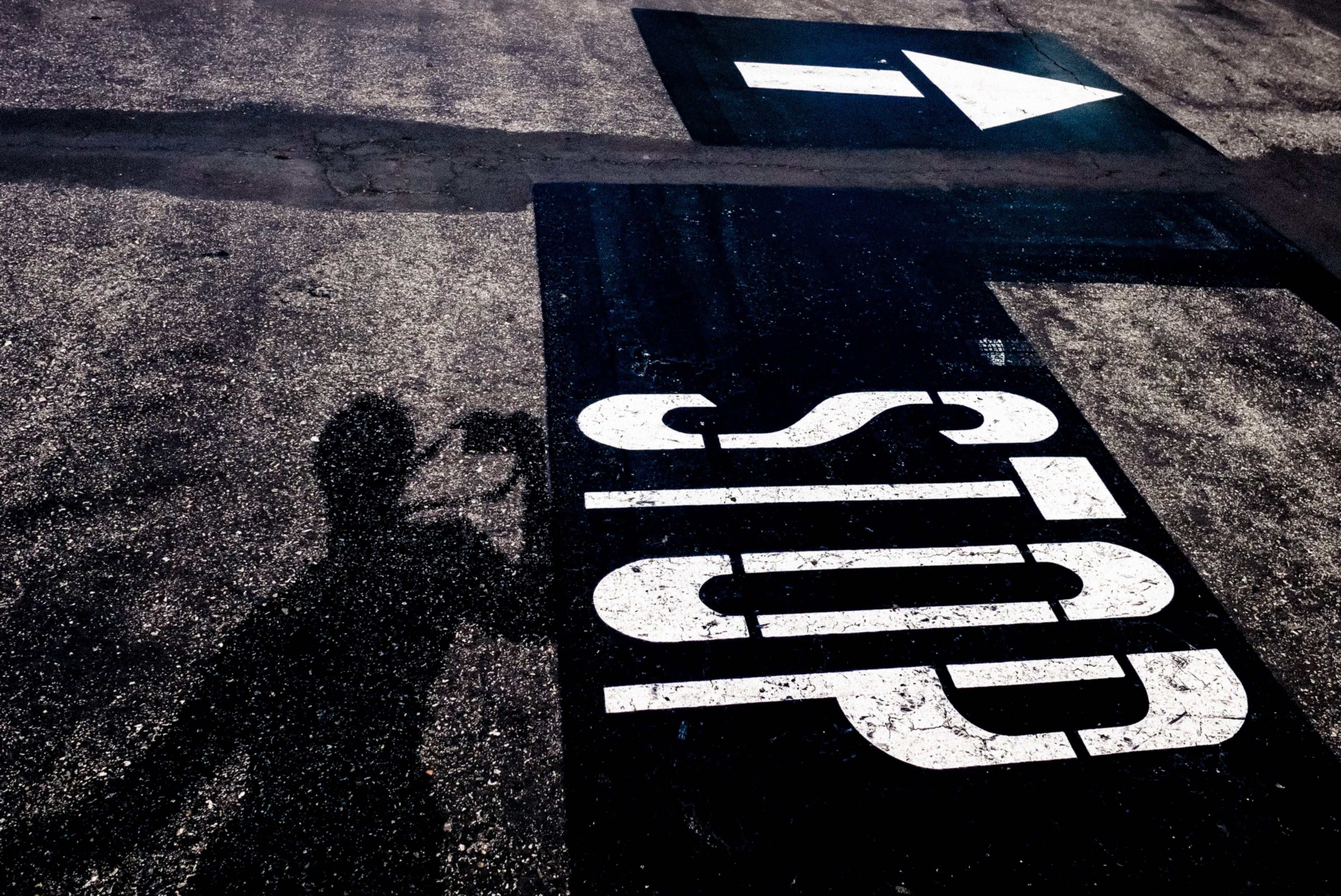

Dear friend,
A thought I have: when life gives you two options:
Take the option B: the riskier, bolder, or more interesting/adventurous option to live a happier, more fun, and more interesting life!
My reasoning is this:
For example, let’s say you have two options for a vacation:
– Option A: The “tried and true” place you like to travel to, and
– Option B: You have another option of a place which you haven’t been to yet, but it might be even better or more interesting place than option A.
Which do you choose?
I believe taking the Option B in life is far more interesting, fulfilling, and fun for us in life, than taking the “safe”/boring Option A!
For myself whenever I take the less certain route/option in life, I learn more. I develop more. I evolve more. I have more new and exciting ideas which spark in my mind. Encountering random and novel ideas are a positive stimulus to my life! This randomness , chaos and chance is what makes life interesting, exciting, and worth living!
Other ways to apply this line of thinking in practical ways of life:
“Yall here still taking advances, huh? Me and my n*ggas are taking real chances, huh!” – JAY Z
Your life is short. At best you’re going to live to be 100 years old. At worst you might die tonight in your sleep.
Why waste any second, day, hour, or duration of your life doing boring stuff? Taking the boring option in life?
You were destined for epic greatness. Never let fear hold you back from taking the more adventurous, interesting, or bold option in life!
MEMENTO MORI,
ERIC
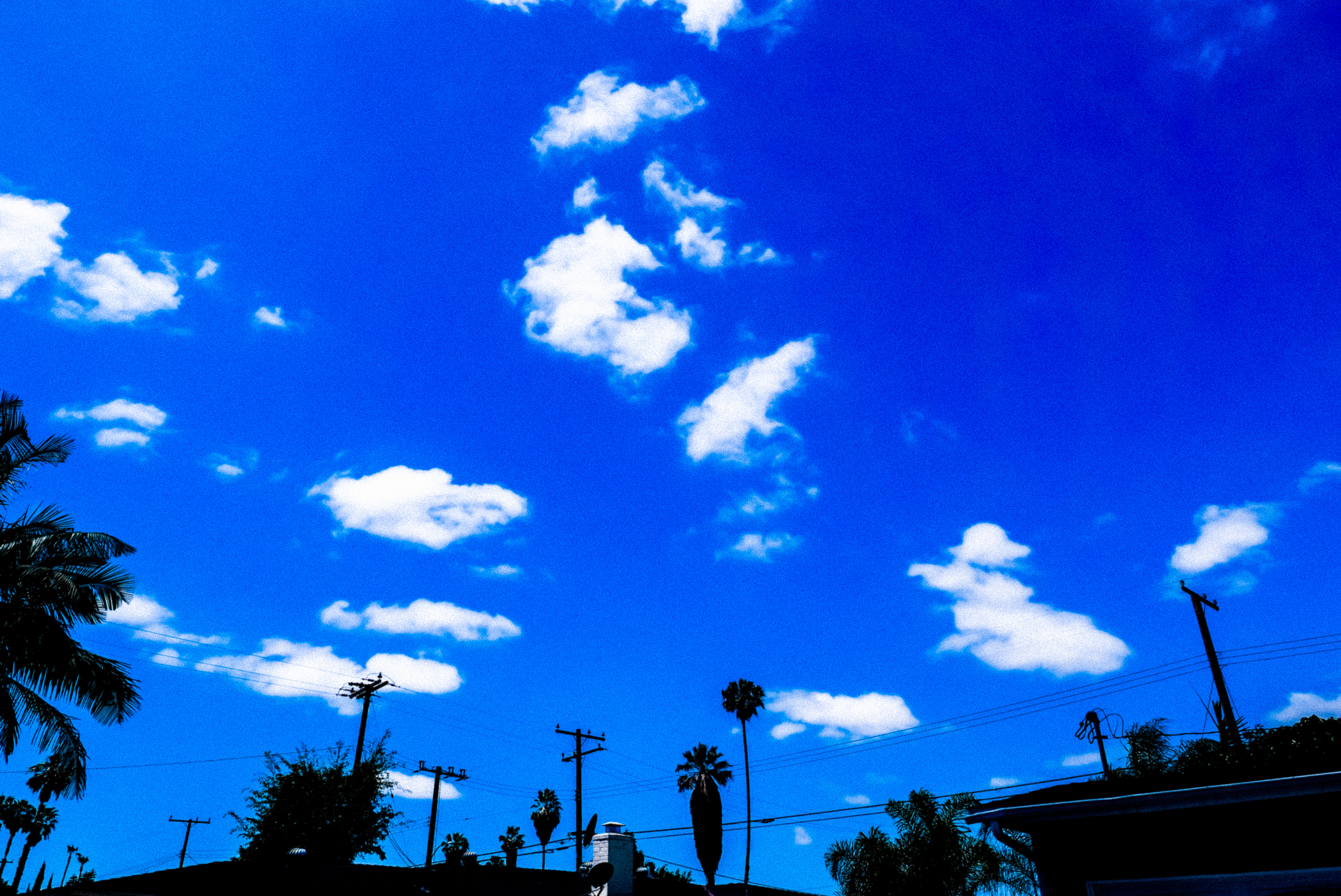
New batch of photos from the suburbs of LA, shot on Lumix G9, Leica 12mm f/1.4 Lens, and medium-JPEG processed in ERIC KIM PRESETS:
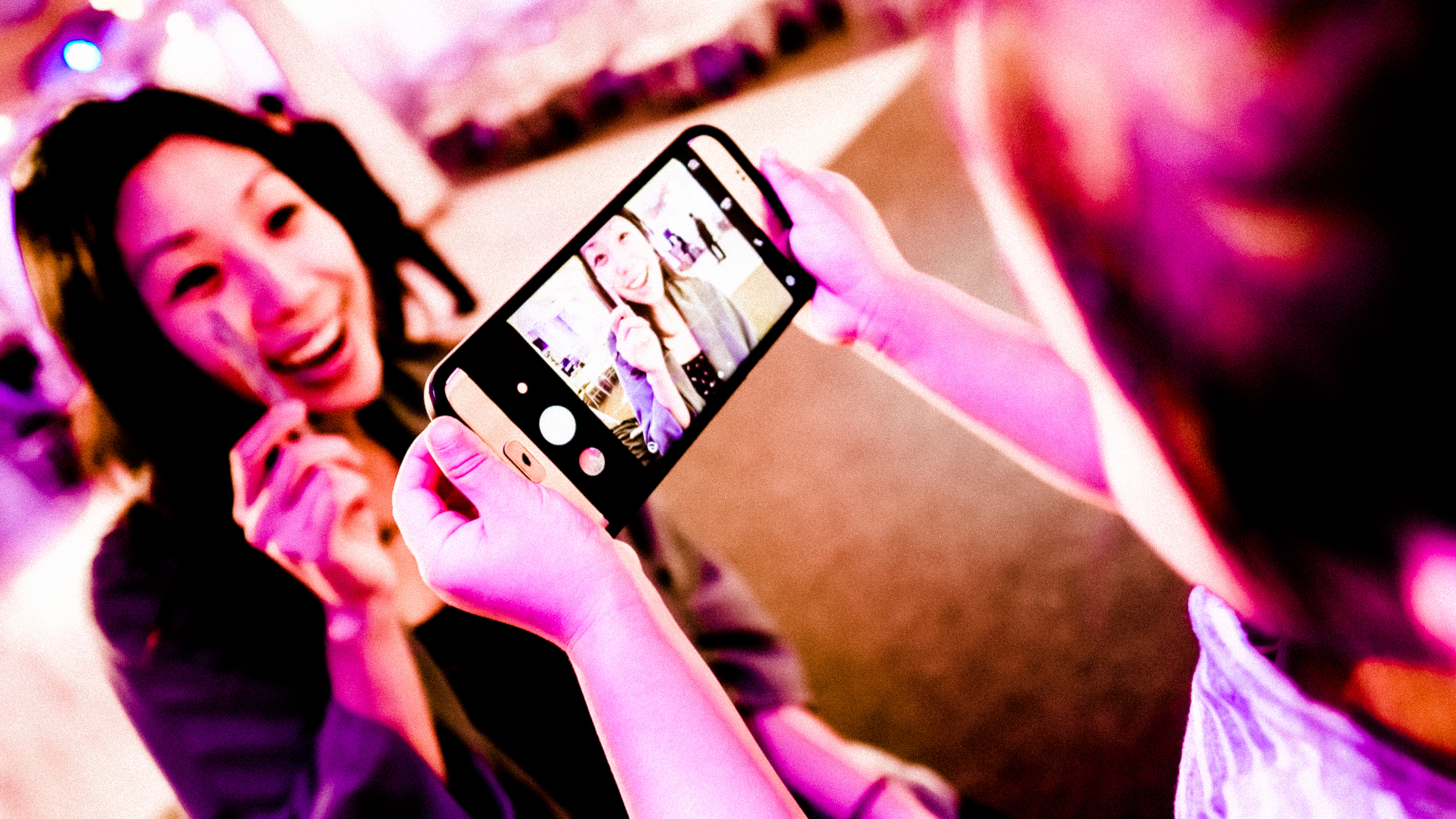
I’ve been super inspired by my 3 year old niece, Amelia. The way she sees the world with curiosity, excitement, and fun!

Our entire life we’ve been taught to “grow up”, to stop being so “childlike”, and for us to listen to rules, to obey, and to follow instructions.
It’s insanely sad, and an injustice to humankind. We are essentially crushing the creativity out of children, in order for them to become perfect test-taking, email-answering machines.

It is of my belief that children are far more innovative, interesting and epic than adults. Children question the status quo, children test assumptions for themselves (they intuitively follow the “first principles” approach), they don’t just listen to adults for the sake of it, and they are continually curious, learning, and hungry to learn and do more!
We see this mentality being followed with all the great innovators of history. Pablo Picasso once famously said, “Every child is born an artist. The problem is staying an artist as you get older.” Steve Jobs was infamous for throwing “tantrums”, crying, and acting essentially like a big “man baby” at times, when he didn’t get things his way. Kanye West also says that when he is trying to make a new song, he tries to create like his 2 year old self. An even wiser saying from Kanye, “I want to become more and more childlike as I get older. When I die, I want to be 0 years old.”
In an interview when someone asked Kanye, “What do you think a genius is?” his answer was simply, “A genius is a kid with good parents.” (meaning, a parent who supports the child in their own personal inquiries, and doesn’t beat the curiosity out of the child).
I think the best 3 letter word in the dictionary is, “Why?”
As children, we incessantly ask, “Why?” when we are told by our parents, teachers, or authority figures to do stuff. But the adults wrongly say, “Because I said so!” (the worst thing you can ever tell a child). Thus as we get older, we become trained like domesticated dogs (Palaov dog training), to not ask “why”, and we simply follow orders out of fear.
But do we want the future of humanity and our future children simply to live according to fear-avoidance, or do we desire our children to do epic stuff? For them to create new things, to explore new frontiers of knowledge, and for them to innovate to make the lives of humanity better?
I’m essentially a man child, or a man baby. I don’t have a good attention span, I get easily bored, and I break a lot of social rules. For example if someone is talking to me and I’m bored, I will often just walk away. Or I interrupt people, or I ask people “Why?” about 5 times, enough to annoy people.
I actually think I was the most creative when I was around 16 years old, when I got my driver’s license, when I got my first job, and I had financial and mobility (driving) independence for the first time in my life. I was also quote independent and free in college. But when I started to get older and got a job, and had to do “adult stuff”, my childlike self started to slowly dither away.
But after living in Vietnam for about a year, and going into intense ZEN MONK seclusion mode, in philosophizing a ton, and questioning everything; I think this is one of my big discoveries:
In order for us to live more creative, fulfilling, and innovative lives, we must act more like our past childlike selves!
Some practical ideas:
Be childlike! :)
ERIC
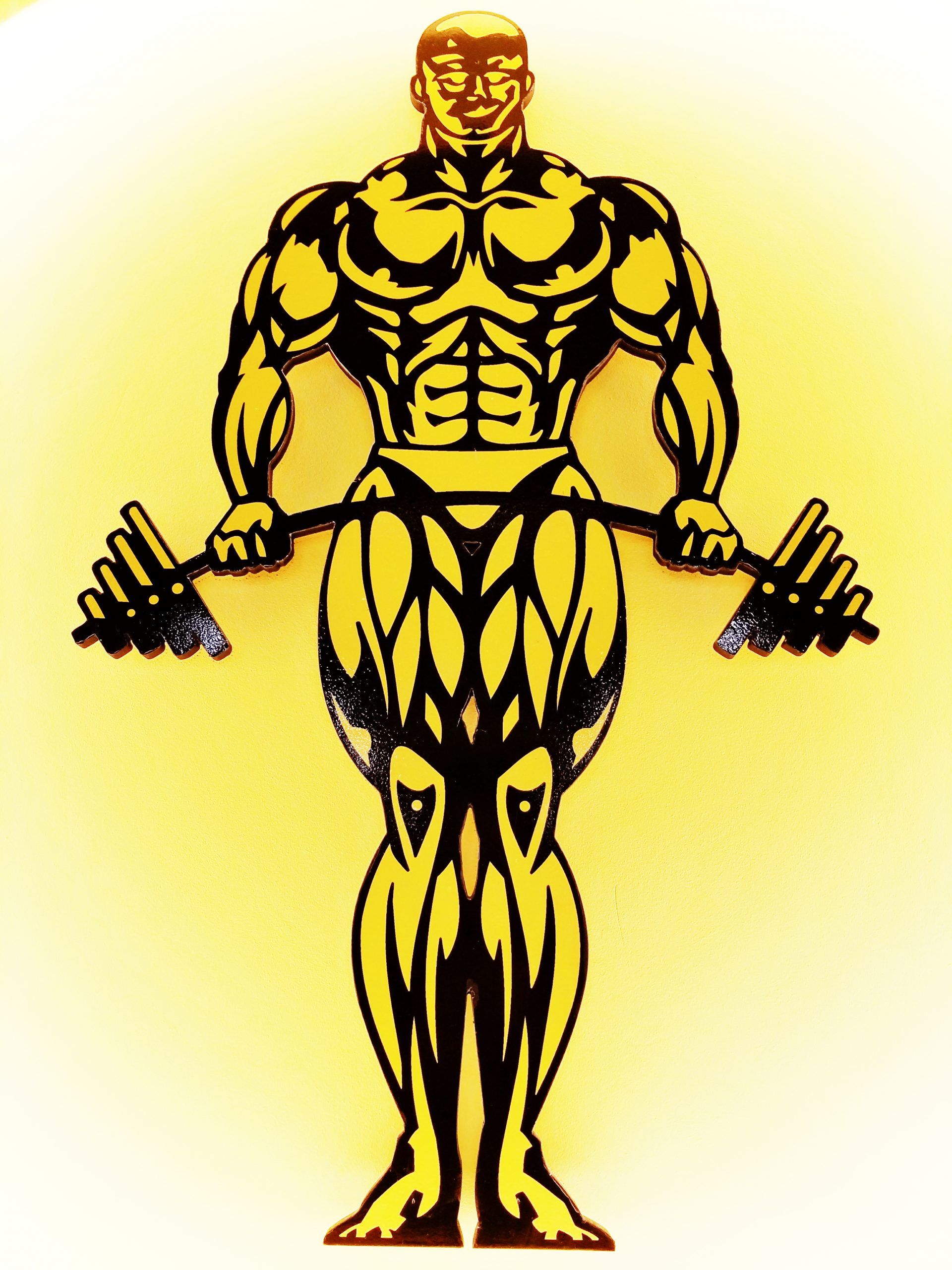

You are power
You can create beauty, hour after hour
You have beautiful gifts,
Share it, and let it shower.
Why doubt yourself?
In life you were dealt a royal flush
Play your cards right
Unleash all of your creative might.
Your future is bright and clear
You got the steering wheel; just steer!


Is it okay to die and not have anyone remember you after you die?
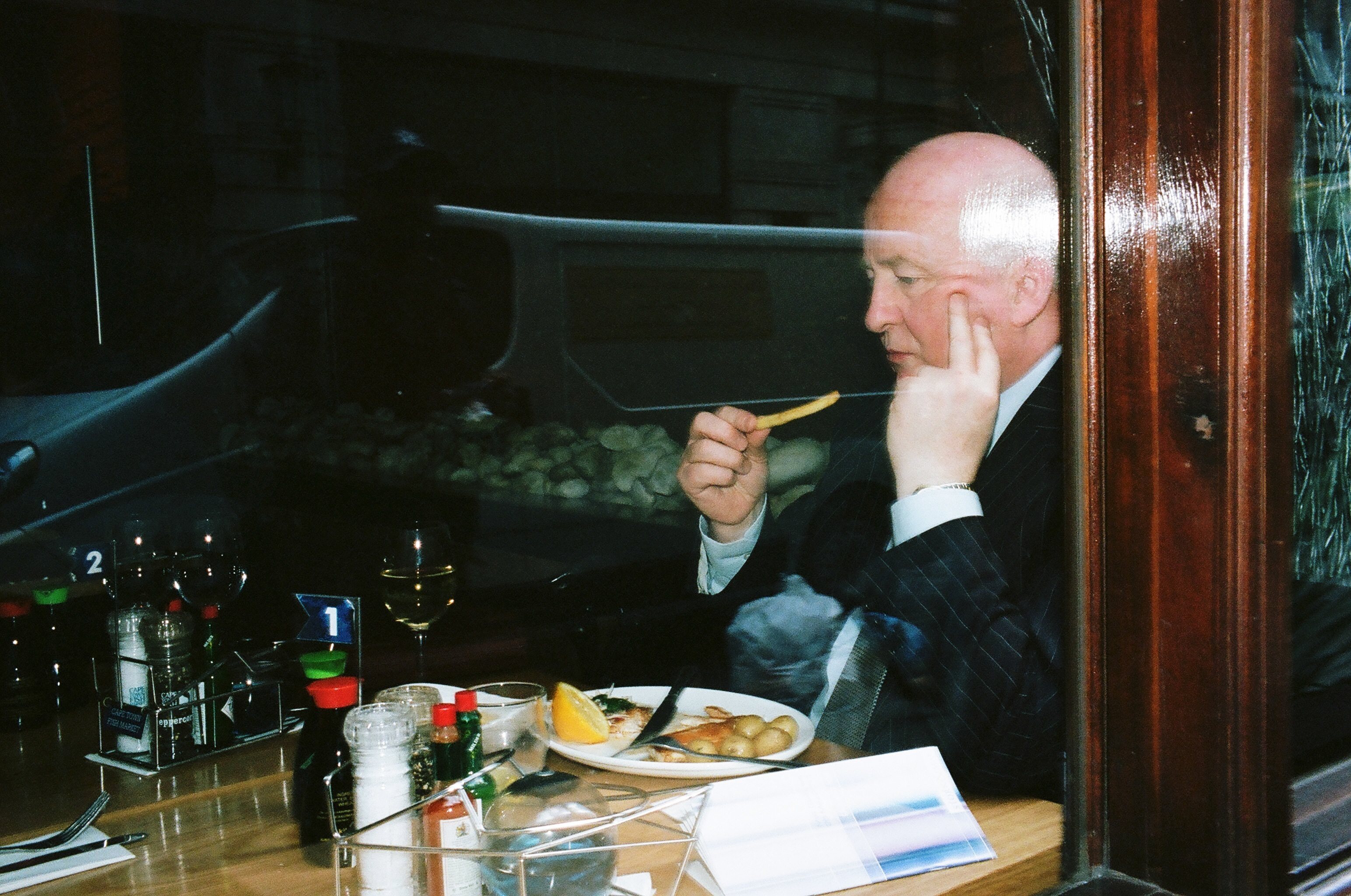

Dear friend,
If you want to work on your own (meaningful) photography project, this is the advice I would give to you:
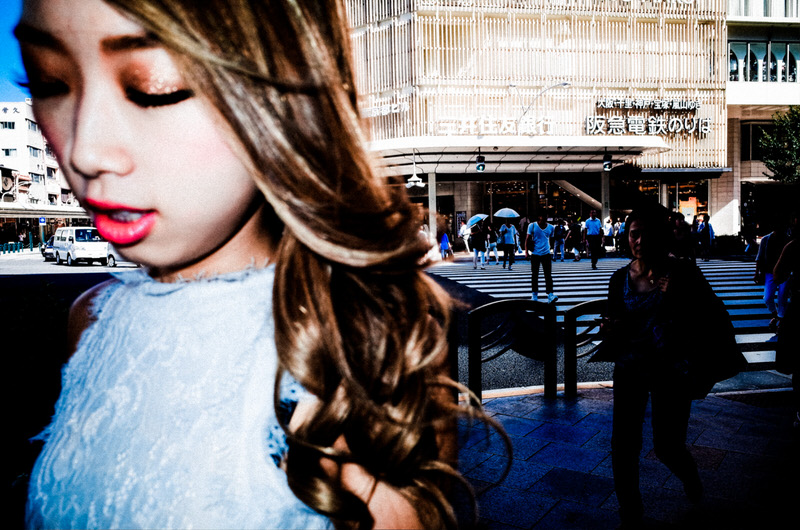

I think all of us as street photographers are hunters of the “decisive moment”: that split-second of beauty in life.

The term “decisive moment” was coined by Henri Cartier-Bresson (who got the concept from a poem). I would define “the Decisive Moment” as the following:
A moment which shows the beauty of being alive.

To me the interesting thing about the Decisive Moment is this:
You can create your own decisive moments in a street photograph, or you can capture a decisive moment (already) happening.

For example, I have created many decisive moments by interacting with my subjects and eliciting a reaction from my subjects!
I think the mistake we make in street photography is thinking that we cannot “influence” the scene. I think this is silly. It is my belief the more you can influence the scene, the better. Because if you influence the scene, you inject your own soul into the photo!

You can create decisive moments in your street photography by interacting and talking with your subjects. And to never miss the Decisive Moment, always have your camera around your neck (Henri Neck Strap) or wrist (Henri Wrist Strap) and always be ready before you see something interesting happening.

Also, it is important for you to shoot a lot when you see a scene in which you have a feeling that something interesting might happen.

If you’re shooting candid street photography (making photos of people without their permission) here are some tips I would give you:

Therefore one technique you can do in street photography is get close to your subject, and keep clicking until they notice you, and then make eye contact with you, or cover their face with their hand:





If you have a manual focusing camera (like Leica or rangefinder), use “zone focusing” (prefocus to 1.2 meters, shoot at f8, and ISO 1600) with a wide angle lens like a 28mm or 35mm lens. This will ensure that everything within the range of around 1.2 meters (roughly two arm lengths away) will be sharp and in focus.
If you’re shooting with an iPhone, use the ProCamera app, and prefocus and use the “full screen trigger” mode, to get rid of the camera lag.
Always have your camera on, and turn off the “auto camera off” setting on your camera. Or turn the “auto camera off” function to the maximum duration (10-20 minutes).

Reduce external stimuli, so you can give more energy and focus to your eyes to see!

Always have your camera ready, carry your camera with you to the grocery store, to Walmart, to Costco, to the restaurant, bar, coffee shop, to the park, or anywhere!

You want to integrate a “regret minimization framework” to your life. Reduce the amount of decisive moments you might miss, by always have your camera on your neck! (Henri Shoulder Strap).

The last tip is memento mori: remember that your life is short, and you will die. Live life to the fullest, and never stop hunting for beautiful decisive moments in your everyday life, whether in street photography, personal photography, or your life!
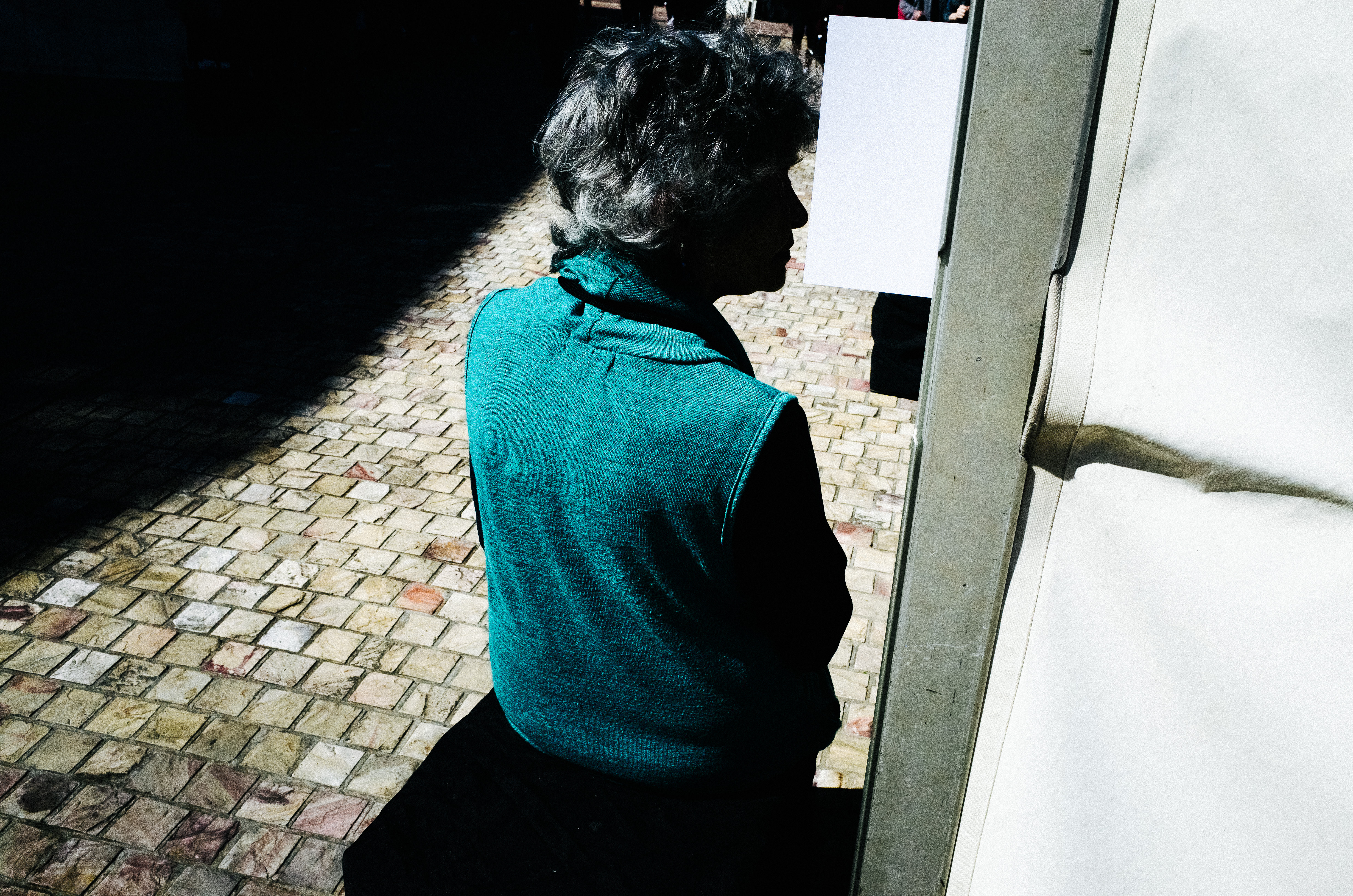

Dear friend,
One of the most challenging things in street photography is mastering your own psychology; to conquer your personal fears in photographing strangers (either with or without permission), to overcome the feeling of moralistic/ethical guilt of photographing strangers, and how to not hesitate before hitting the shutter!
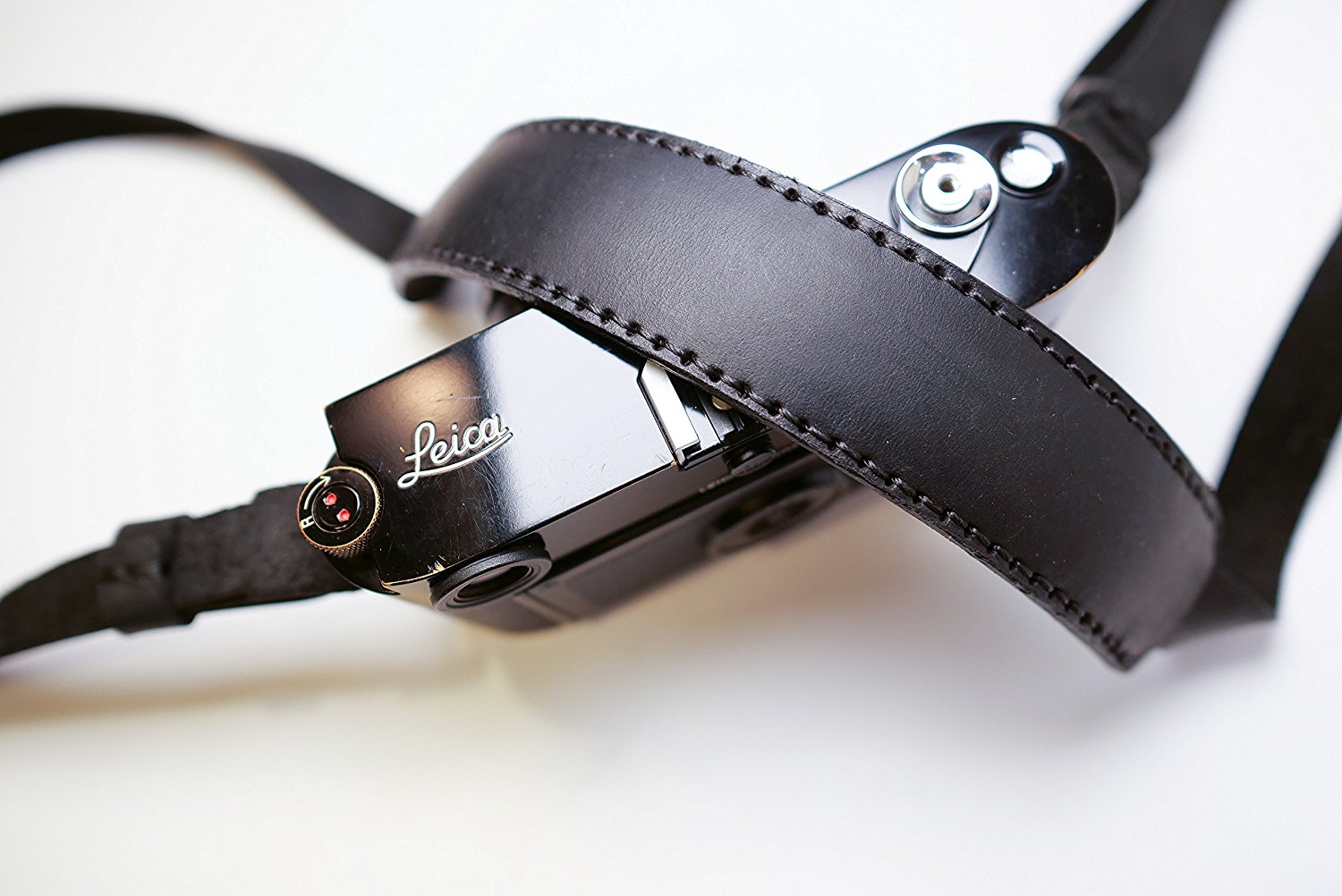

Hey STREETTOGS, this is my recommended equipment for street photography:
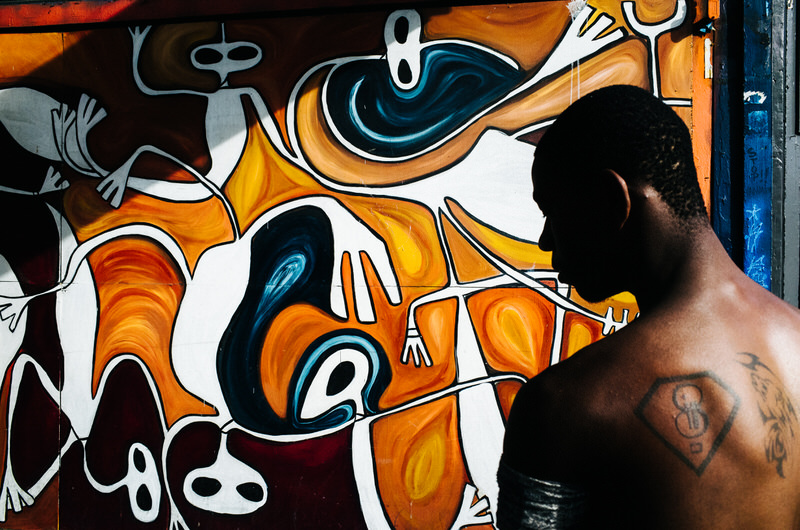

If you’re passionate about color this advice I would give to you on mastering color street photography for yourself:
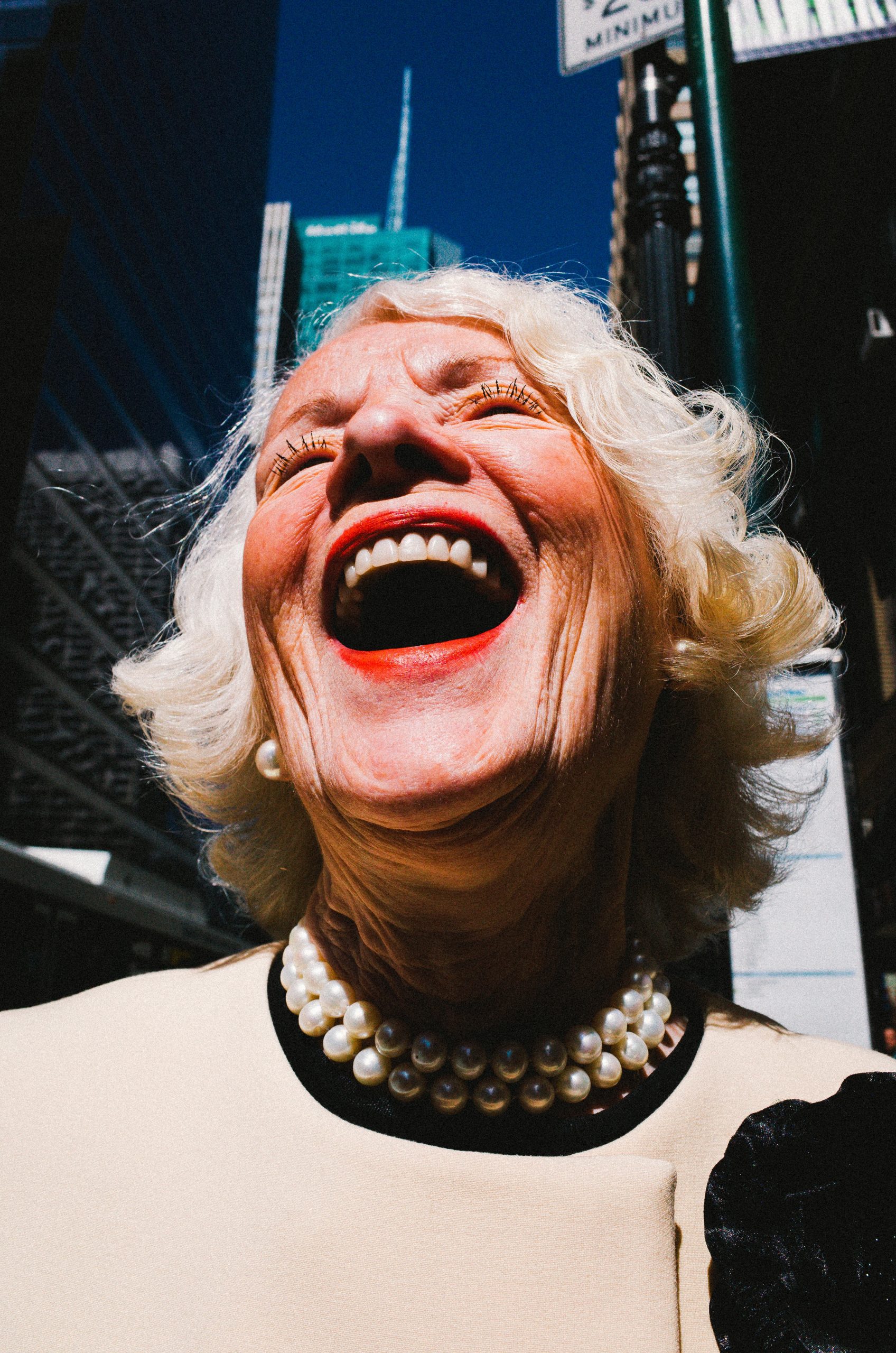

If you are drawn to interesting people, faces, and subjects, I recommend you to shoot street portraits!
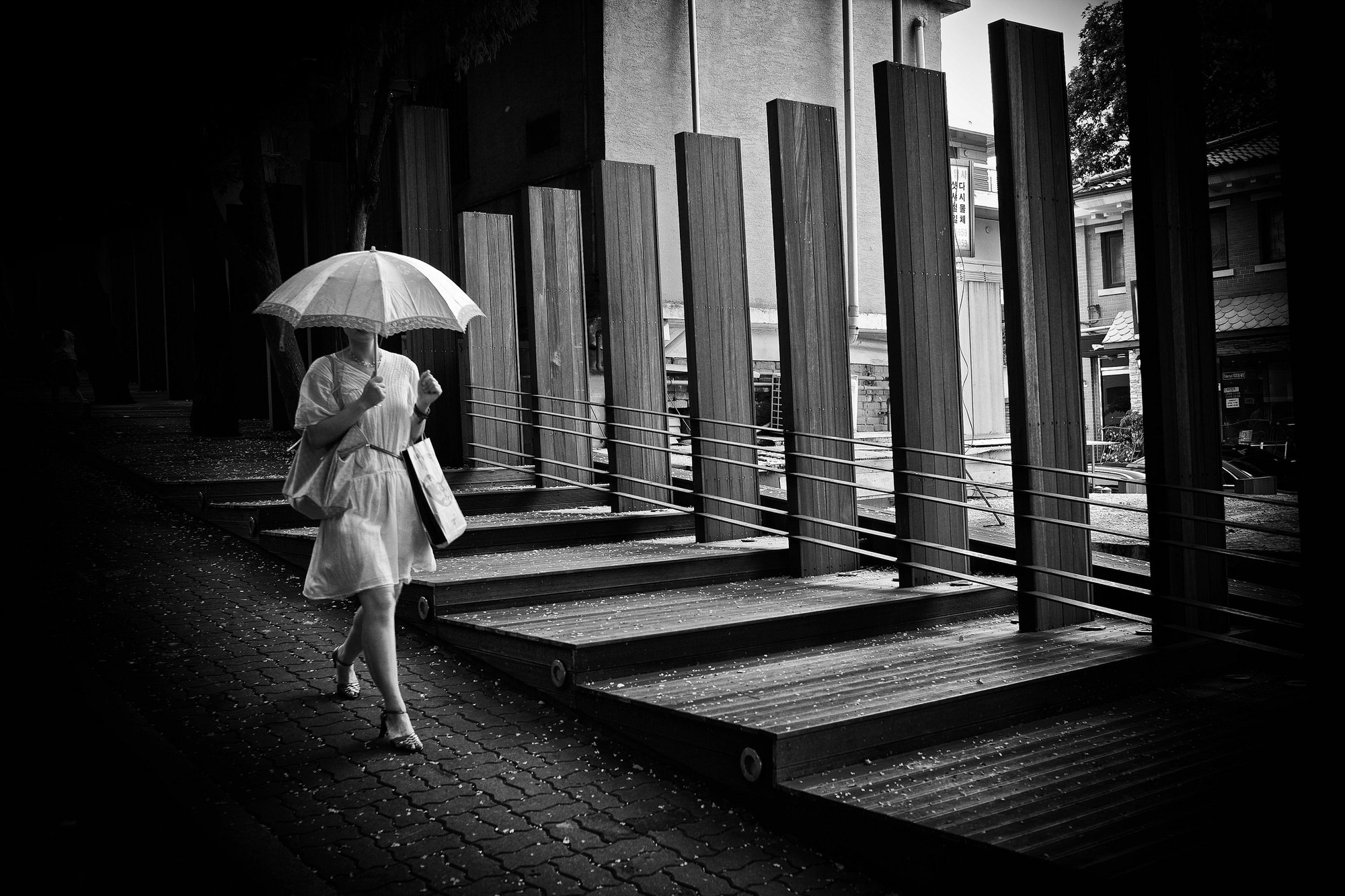

Dear friend,
If you want to master black and white street photography for yourself, this is the advice I would give you (advice I wish I could have given myself):
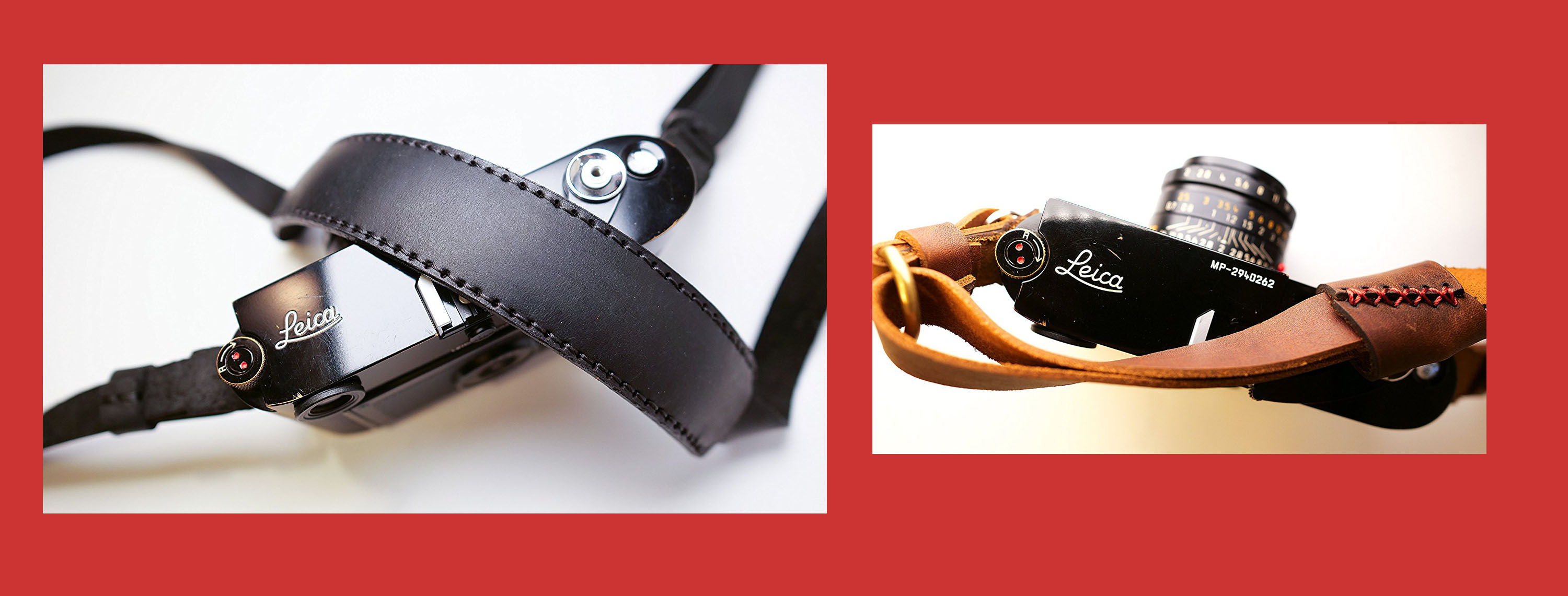

Dear friends,
Now that Cindy and I are back in LA for a few weeks (and close to our HAPTIC INDUSTRIES inventory), we are super pumped and excited to announce that our brand new product, the Henri Shoulder Strap is now available on Amazon in the limited-edition colors (CREMA BROWN + PHANTOM BLACK).
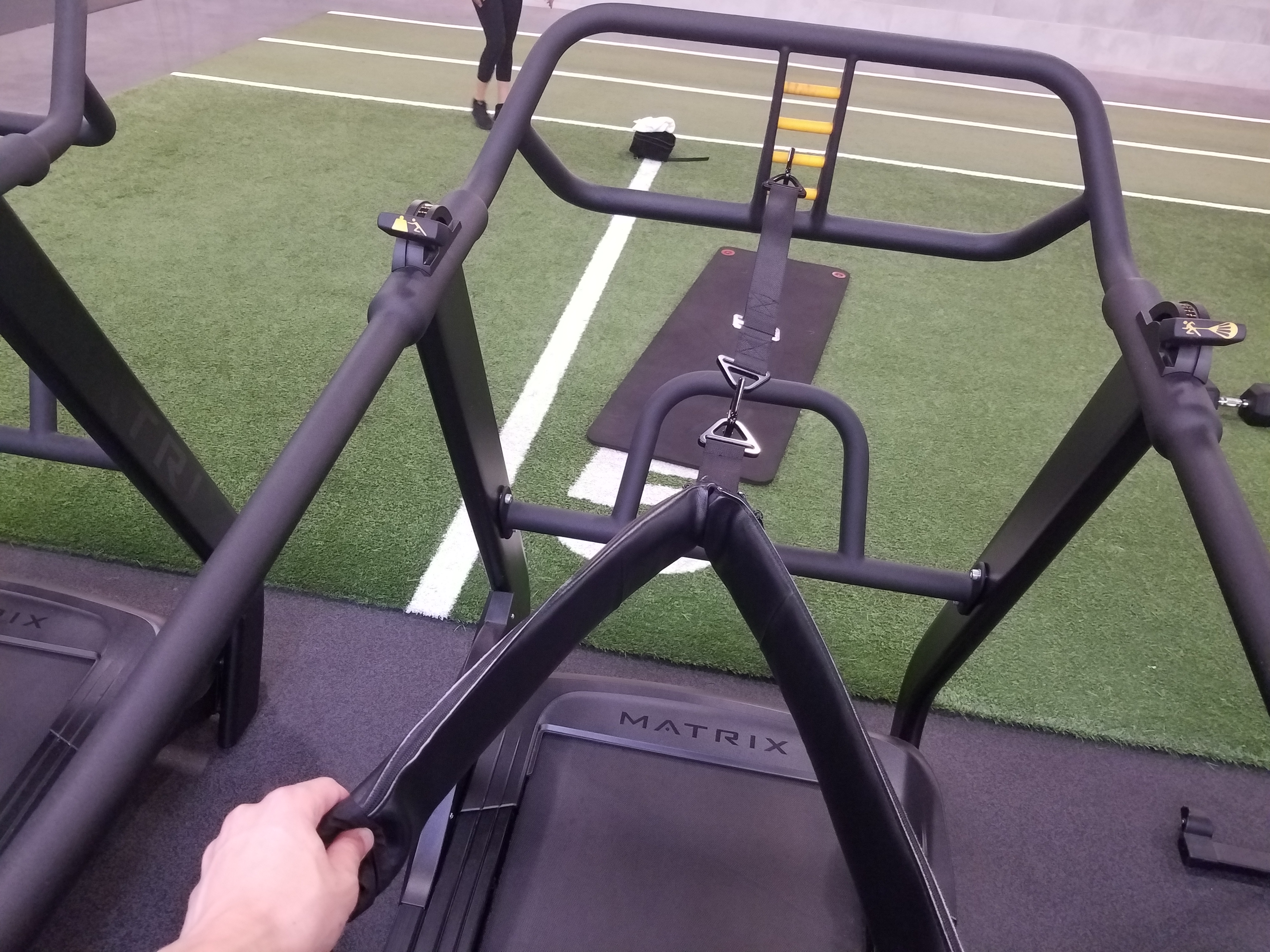

Kind of a funny experiment I’m testing out: writing (typing on a phone), while on a dynamic treadmill (a treadmill that is purely mechanical and is only moved by the movement of your feet).
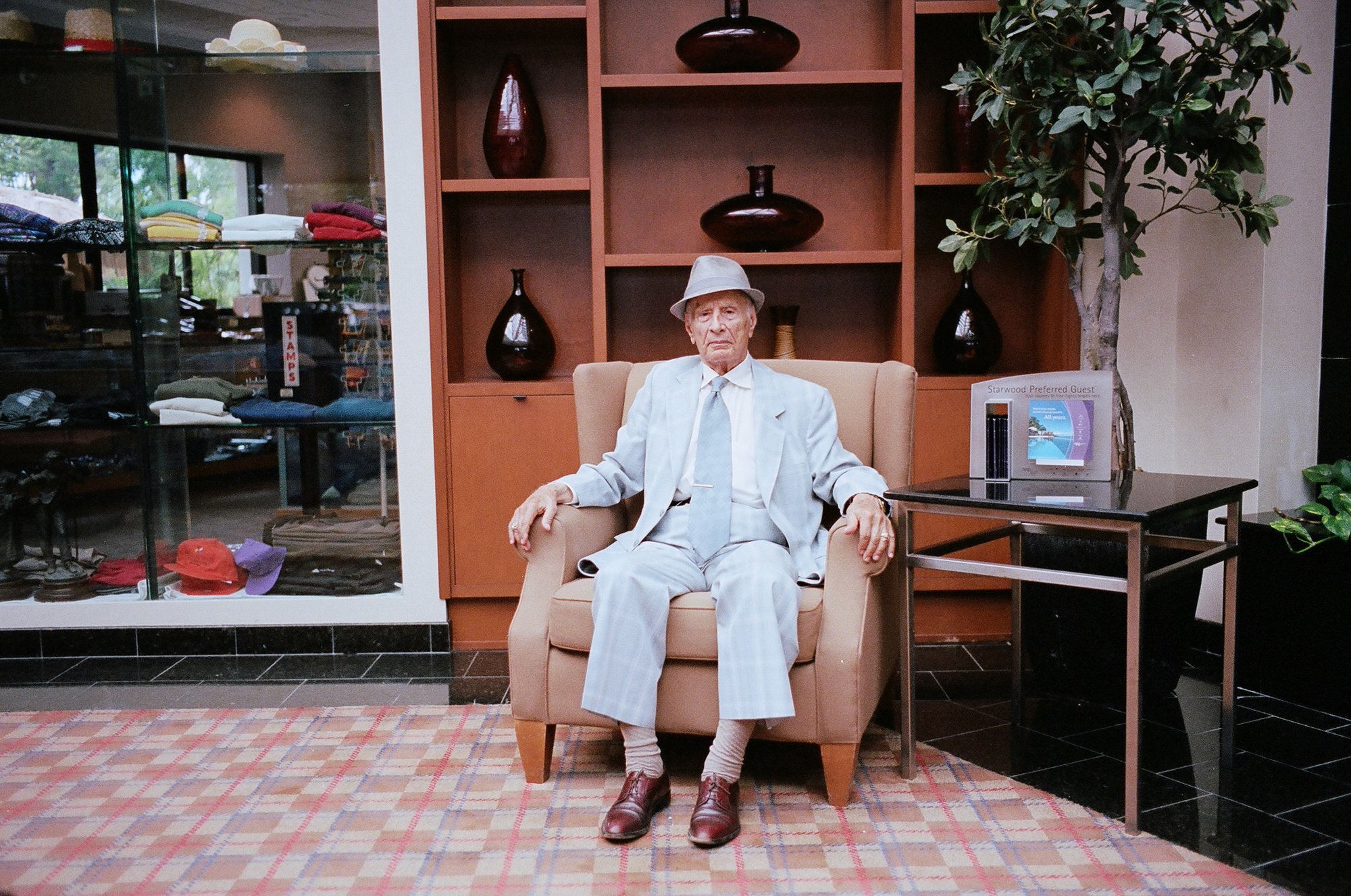

Dear friend,
A thought I’ve been pondering: what is self-esteem, why is self-esteem important, and how do we get more of it?


Dear friend,
I’m currently at a football stadium, and had a small epiphany: there is something integral to us as human beings when it comes to depth-perception.
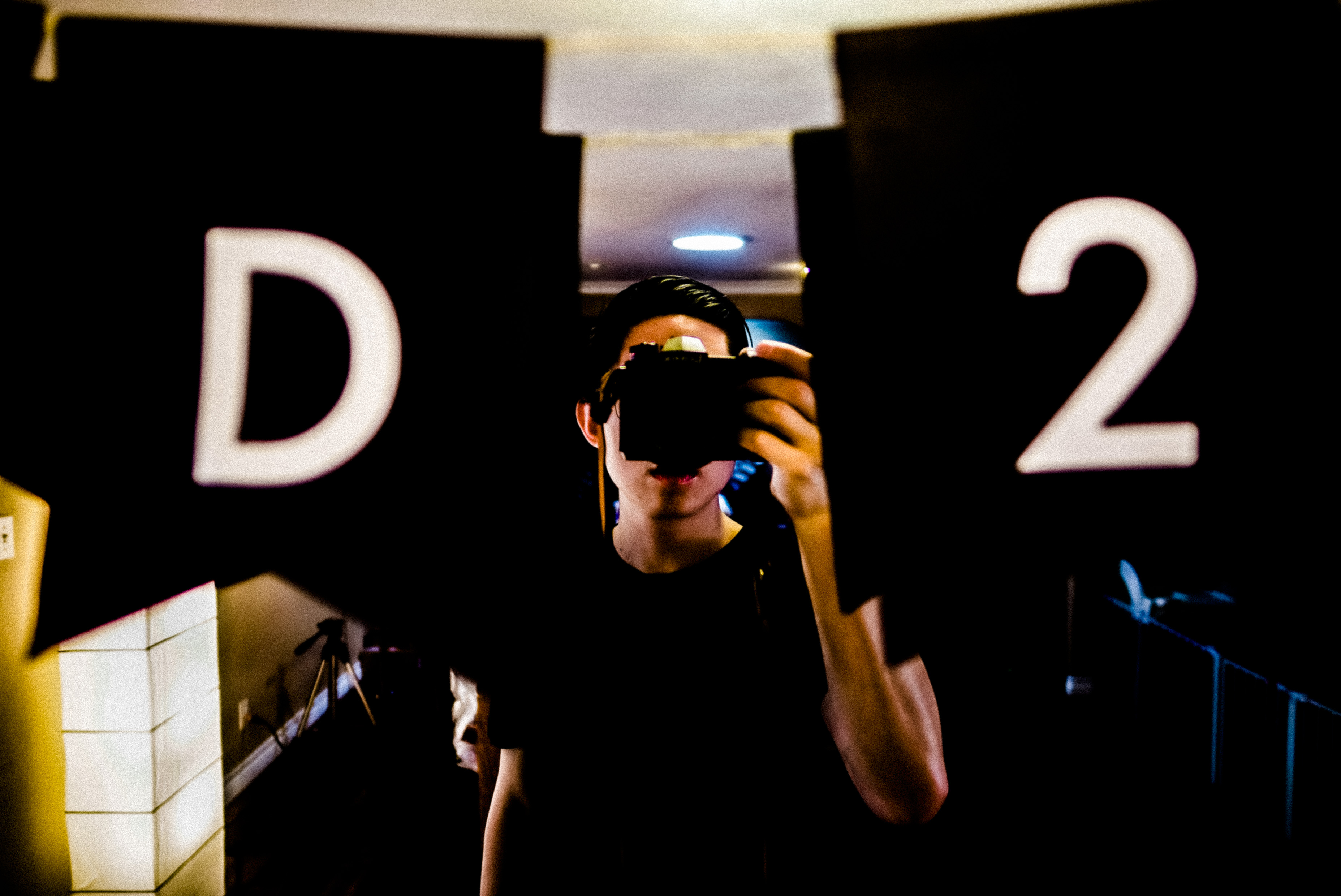

Dear friend,
I want to give you a distillation of all of the current life hacks, productivity hacks, and random creativity hacks I have– which have helped me (and which I hope can help you!)
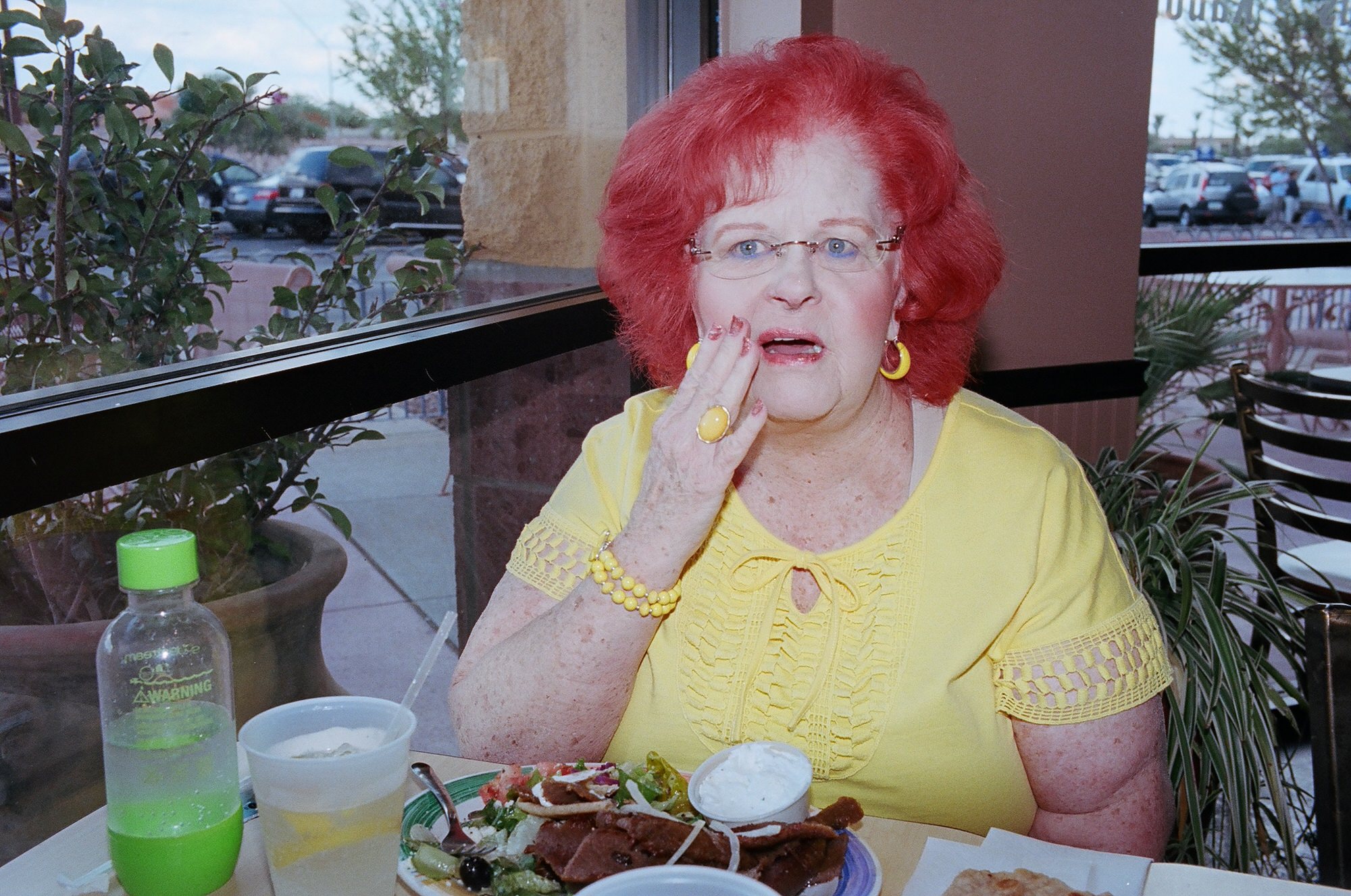

Dear friend,
One of the attributes that will make you happier as a street photographer is to be bolder as a street photographer!

life is cruel but don’t despair
know that you were born with guts and a pair
of wings
to do epic things
to fly to the highest peak and summit
how bad do you want it?
you got no limits
you got no roof
just push yourself to the limit
prove it to yourself, prove it to you.
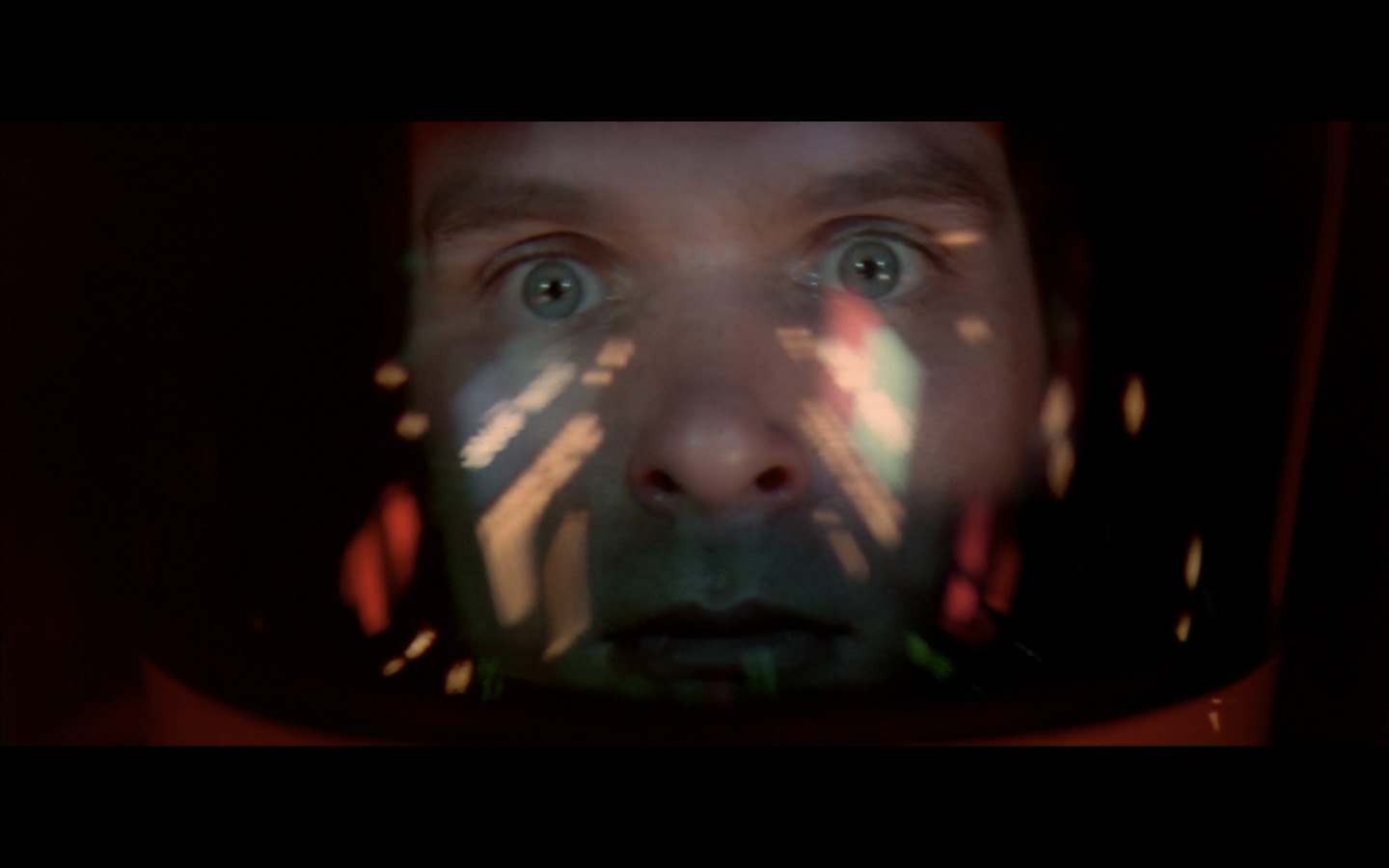

I just re-watched ‘2001 Space Odyssey’ by Stanley Kubrick, and holy shit– this movie is one of the best movies of all-time.
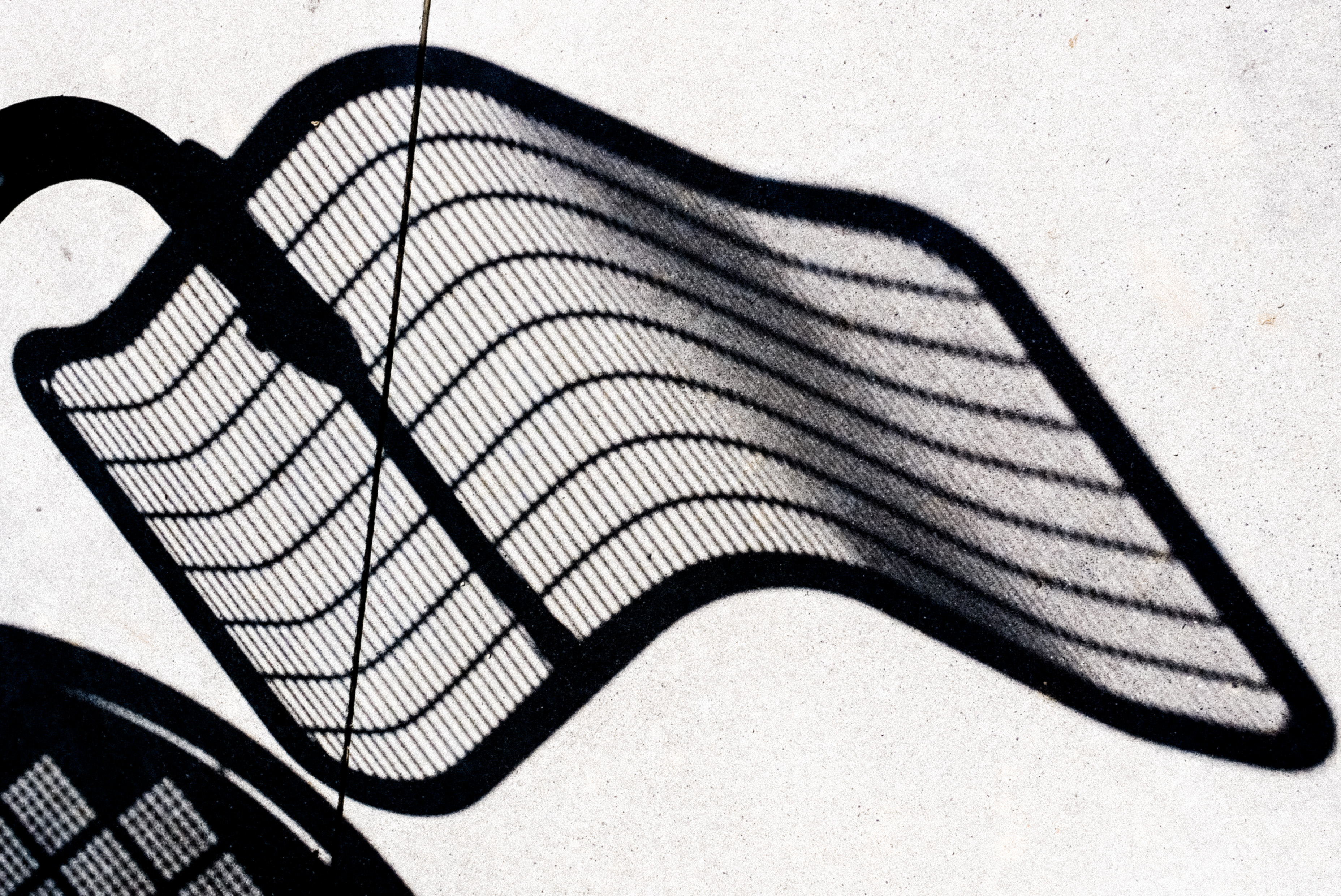

I’ve been super-inspired recently in my photography: finding more beauty in everyday life — in the small details. Life is great!
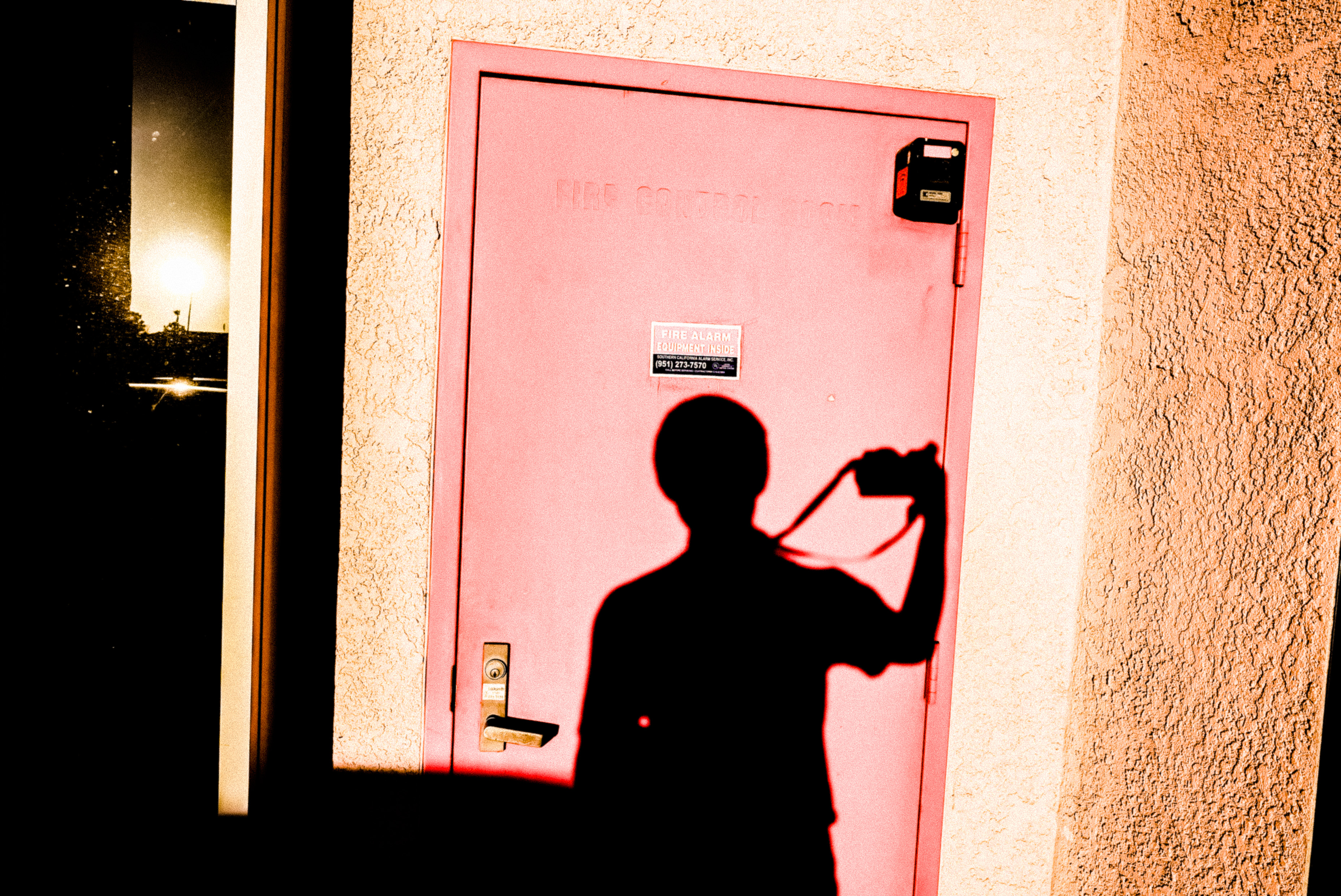

Dear friend,
I was walking down the street of my boring suburban LA neighborhood, with the Lumix G9 Pro strapped around my wrist with the classic Henri Wrist Strap, and had the thought:
The great thing about photography is the zen-like state that it gives you. That you disappear. You’re in the “Zen zone” of walking on the streets, and you lose a sense of yourself. You are totally perceptive of the world around you, and your visual-motor-cortex is in overdrive. You see and perceive all the beauty of the world around you, and you stay focused on re-arranging the visual building blocks of reality, to make your own unique art.
So I think the secret is this:
Create the least amount of possible friction between yourself, your eyes, your hand, and the photo-making process.
For example what I mean is this:

A thought I’ve been pondering to myself recently: Why walk?
I mean to say this:
Do humans need to walk in order to survive/thrive?
In today’s world where we can just drive everywhere or take a bicycle/motorcycle/motorbike/scooter anywhere — what is the practical function of walking?
My theory is this: much of the human brain has evolved to coordinate our bi-ped movement (it is really hard for an organism to balance on two legs). And the reason why humans perhaps evolved to walk on two legs is to free up our hands (hands to do more intellectual stuff). And therefore if we don’t walk, perhaps we will get some sort of mental-problems/dysfunctions in our mind.
If you look at organisms that need to move in order to procure food, they all have brains. Look at plants (no brains); they don’t need to move in order to get food — they just get it from the soil and the sun.

I know for myself I come up with the best ideas while I’m walking. Many philosophers in the past have said similar things:
Not only that, but if you’re a street photographer, you can only make photos if you’re walking! Therefore as a practical idea: the more you walk, the more street photos you will shoot!

I know the excuse a lot of us (myself included) make in our photography is that our neighborhood is boring, and therefore we don’t find inspiration/motivation to shoot. Living in the suburbs of LA, I know the feeling.
But I’m pretty amazed: even though my neighborhood is boring, whenever I walk (even around the block for 10 minutes) with my camera on my neck or in my hand, I will always see photo-opportunities! Whereas if I’m simply driving, I don’t see anything. And if I walk around the block without my camera, I generally regret it– because I will end up seeing something I want to photograph (But unfortunately, I don’t have my camera on me).

I still believe the RICOH GR II is the best camera for most people as an ‘everyday’/’street photography’ camera. Why? It is small, compact, has phenomenal image quality (APS-C/DSLR-sensor), has an integrated flash, and a great 28mm prime lens.
I’ve shot with the Ricoh GR II for a long time, but the problem was always having it with me. After seeing my friend Wilder travel with his RICOH GR II in Vietnam with a neck strap, I wanted a neck strap as well, but couldn’t find any which were compatible with the RICOH GR II (the Ricoh doesn’t have the traditional lug-nuts of most cameras, but rather requires a small nylon string).
Therefore, I worked closely with Cindy and our friend Lan in Saigon, to design and make the ERIC KIM NECK STRAP (compatible with the RICOH GR II). This was awesome, I started to shoot SO MUCH MORE with the RICOH, because the camera was always around my neck.


Since about a month ago (my RICOH died after about a million photos, the aperture blades get stuck) I got the Lumix G9 Pro (because I wanted to shoot more videos for my YouTube channel), and have been loving the new HENRI SHOULDER STRAP. We designed the new Henri Shoulder Strap to be longer (can be worn around the shoulder/cross-body), and also increased the size of the neck pad (which is good for the heavier Lumix G9 camera).
I’m also becoming a pretty big proponent of the Micro 4/3rds system. Why? The image quality is phenomenal, the cameras are smaller, and the autofocus is insanely fast and accurate! It is seriously the best sensor (in my opinion) for everyday/street photography. I am still a big fan of digital medium format, but to be frank I think ‘full-frame’ is overrated (either go with a really small sensor like a phone, Micro 43rds, or go REALLY BIG with a digital-medium-format).




Once again remember, the most important thing about a camera is for it to disappear. The best camera is frictionless, always with you, and you can shoot without thinking. The less you can think, and the more you can let the photograph shoot itself; the better.


The world is so full of beautiful moments, beautiful people, and beautiful matter– just waiting for you to photograph it!


There are so many ripe stories for you to tell through your photography. Never let the weight or cumbersomeness of the camera hold you back. Never stop exploring, walking, and shooting new photos! Your creative life thrives on the NEW! Never stop innovating in your photography, by adopting new technologies (like 3d/augmented reality), and new places for you to travel to and explore!
YOU HAVE NO LIMITS!
ERIC
Discover all of the camera straps made by HAPTIC INDUSTRIES:



HENRI CHROMA Wrist Straps: available for a limited time in HAPTIC SHOP + Amazon.


There is no “perfect” camera. Don’t fall into GAS (Gear Acquisition Syndrome) and falsely believe that buying a new camera will make you a better photographer.
If you’re not feeling inspired in your photography, I recommend you to buy books, not gear. Also check out these 75+ Inspirational Photo Books You Gotta Buy. You can also download my free books.
There is no perfect camera for street photography and everyone’s tastes are different. My favorite camera for street photography is the Ricoh GR II.

The Ricoh GR II is the best bang-for-the-buck camera for street photography on the market. It has an APS-C sensor (DSLR-sized sensor), a super-sharp 28mm lens (no anti-aliasing filter), and literally fits into your front pocket.
The Ricoh GR II is pretty much the same as the prior Ricoh GR, except it has Wi-Fi built in.
Why do I recommend the Ricoh GR II?
First of all, for street photography you want the smallest, most compact, and inconspicuous camera (that you can always carry with you). I find that with other digital cameras, you end up never carrying them with you 24/7, simply because they are too big. The Fujifilm X100F and digital Leica’s are fantastic tools, but honestly even those cameras are too big to fit in your front pocket.
In street photography, the size of the sensor is also not very important. In-fact, having a non-full frame camera is generally preferable, because you have more depth-of-field in street photography, which is beneficial to “zone-focusing.”
When I shoot with the Ricoh GR II, I generally keep the camera on “P” mode, ISO 1600, and center-point autofocus. I treat it like a point-and-shoot: I simply point and click. This makes me have to think less when shooting, and spend more energy focusing on the composition, framing, and capturing emotion in the photos.
Many photographers bemoan the fact that the Ricoh GR II doesn’t have a viewfinder. Honestly, I feel that viewfinders are a bit overrated — the LCD screen helps you be more creative with your compositions (shooting super-low angle, or a super-high angle), and also helps you photograph your subjects closer (putting a small compact camera close to someone’s face is less intimidating than putting a big DSLR lens into someone’s face).
Also if you want, the Ricoh GR II has a fantastic “snap mode” which allows you to pre-focus to a certain distance (1 meter, 1.5 meters, 5 meters, infinity), which is like zone-focusing on a rangefinder camera. This means when you’re shooting on the streets on a sunny day, you can set your pre-focus to 1.5 meters, ISO 1600, aperture-priority mode in f/8, and take photos that are all sharp and in-focus.
In addition, the Ricoh GR II has the simplest yet comprehensive menu out of any digital camera I’ve used. You can change the function buttons, you can change whether the power lamp is on or off, and everything in the menu is easily searchable. I believe the Ricoh GR II was designed by photographers, not simply by engineers.
The camera is extremely affordable, which means you can save all your hard-earned cash on buying experiences, not stuff. Use that money to travel to a country you’ve always wanted to travel, to buy photography books, and to invest in photography-education (workshops, classes, seminars).
Furthermore, you can charge the camera via USB, which means you don’t need to travel with a bulky battery-charger. As long as you keep the camera off while you’re not shooting on the streets, one battery should last you a full day.
If you end up buying the camera, I recommend picking up a 3” LCD screen protector, shooting in RAW, and using my free Lightroom film simulation presets.

This is a list of my personal favorite equipment in photography, computers, and life:
Of course, this list probably won’t apply to you — but this is advice I would give myself (if I needed to buy stuff):
My favorite cameras:

Fujifilm X100F Review // Buy on Amazon for $1300 >
Ricoh GR II Review // Buy on Amazon for $600 >
For Ricoh GR II: Expert Shield 3” LCD protector ($14)
Olympus Pen F (silver): $1200 + Olympus 17mm f/1.8 Lens: $500 //my review
Fujifilm XT-2 ($1600) + Fujinon XF23mmF2 WR Lens ($450)
Leica M10 + Leica 35mm f/2 ASPH Lens
Sony A7S II ($2700) + Sony 35mm F2.8 Sonnar ($800)
Transcend 128 GB SD card UHS-3: $73
Pentax Medium-format digital 645Z ($6500) + Pentax 55mm F2.8 AL ($960) // 7 Lessons I’ve Learned Shooting Fashion Photography For the First Time
If you’re new to shooting film, pick up a copy of FILM NOTES.
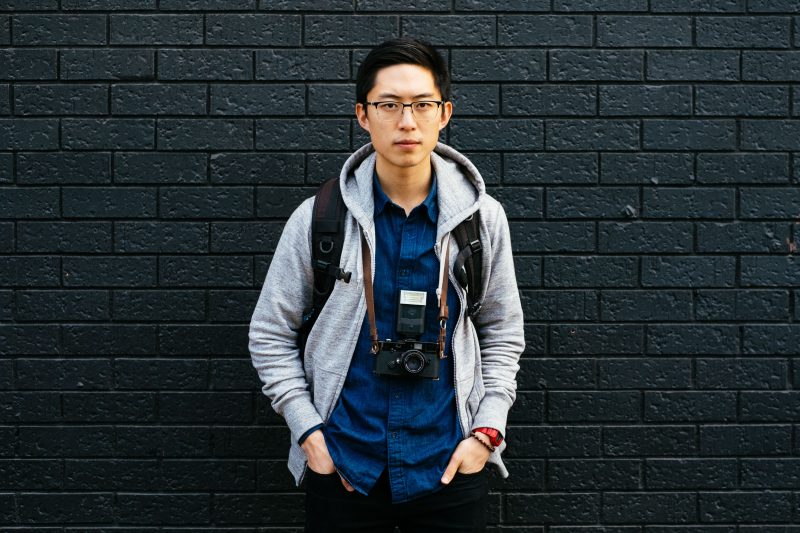
Leica MP + Leica 35mm f/2 Summicron Lens
Leica M6 + Voigtlander 35mm f/2.5 Lens
Contax T3
Fujifilm GF670 (discontinued, find on eBay)
Kodak Tri-X 400 (pushed to 1600): $5
For medium-format/35mm: Epson v800: $800
For 35mm: Plustek OpticFilm 8100: $270

SAIGON SATCHEL
Fits 13” Laptop and Camera: Thinktank Perception 15 (black): $120

Adobe Lightroom
iMovie (free) or Final Cut Pro X ($300)

“The Suffering of Light” by Alex Webb
On the Shortness of Life – Seneca ($8) // 10 Lessons Seneca Has Taught Me.

Any MacBook Air or Pro
iPad Pro 10.5 inch, 64 gb, space grey
iPhone X
iPhone SE (cheapest model): $400
IA Writer (for writing) + Ulysses (for note-taking)
Camtasia
JPEGmini Pro

Apple Beats X

Casio Men’s F108WH Illuminator Collection Black Resin Strap Digital Watch: $13
ExOfficio Men Boxer Brief (black): $26
Outlier NYC Merino Wool T-Shirt
Darn Tough Socks Merino Wool
Nike Free Flyknight RN Motion (black/white) // my review
Merino Wool Leggings (black)

Chase / Chase Sapphire credit card

WordPress.org + Genesis theme (I use the ‘Academy Pro’ theme).

Dropbox (Pro)
Intermittent fasting — with one big meal a day (only dinner)
Deadlifts (one rep max) + squats + dumbbell press + chin-ups + pushups

Of course this is just a list of stuff that work for me. It probably won’t work for you.
But I got inspired to make this list– because it took me about 10 years to figure out the best equipment for me. And this works for me, and I hope it can help simplify your purchasing decisions (at least in photography and some other details).

I’ll continue to do articles and videos related to equipment– because I do believe (up to a certain degree) having the ‘right’ equipment in life makes life easier. But the problem is falling victim to GAS (gear acquisition syndrome) where we are buying stuff for the sake of it (has happened to me).
If you already have a bunch of equipment that works for you– stick with it. But if you need some help, I hope this list helped you.
Always,
Eric
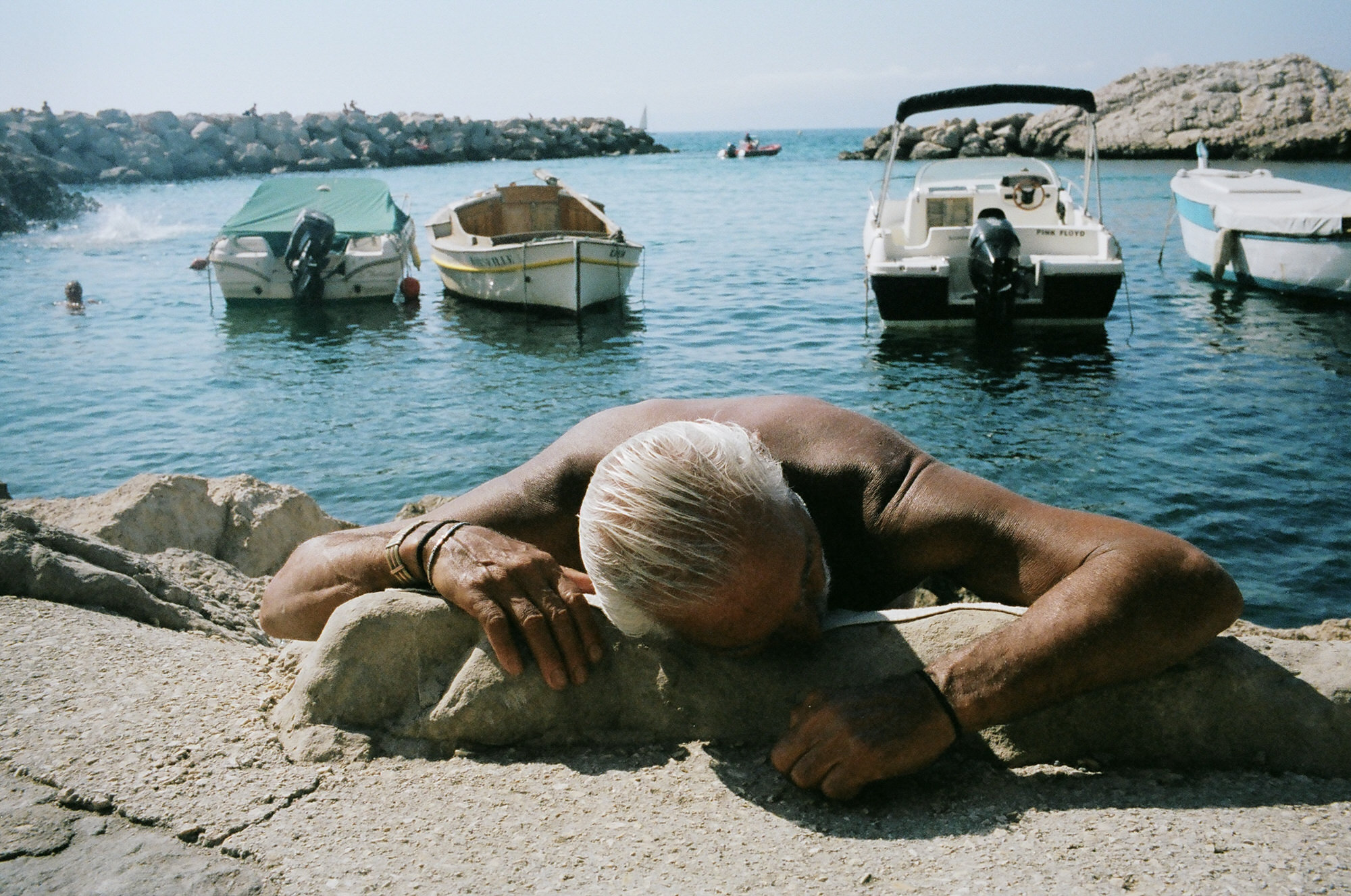
Why is street photography so great– and how can we make ‘better’/more engaging photos? My suggestion: tell more engaging stories through your photos!

Ridley Scott: one of my favorite film directors of all-time.
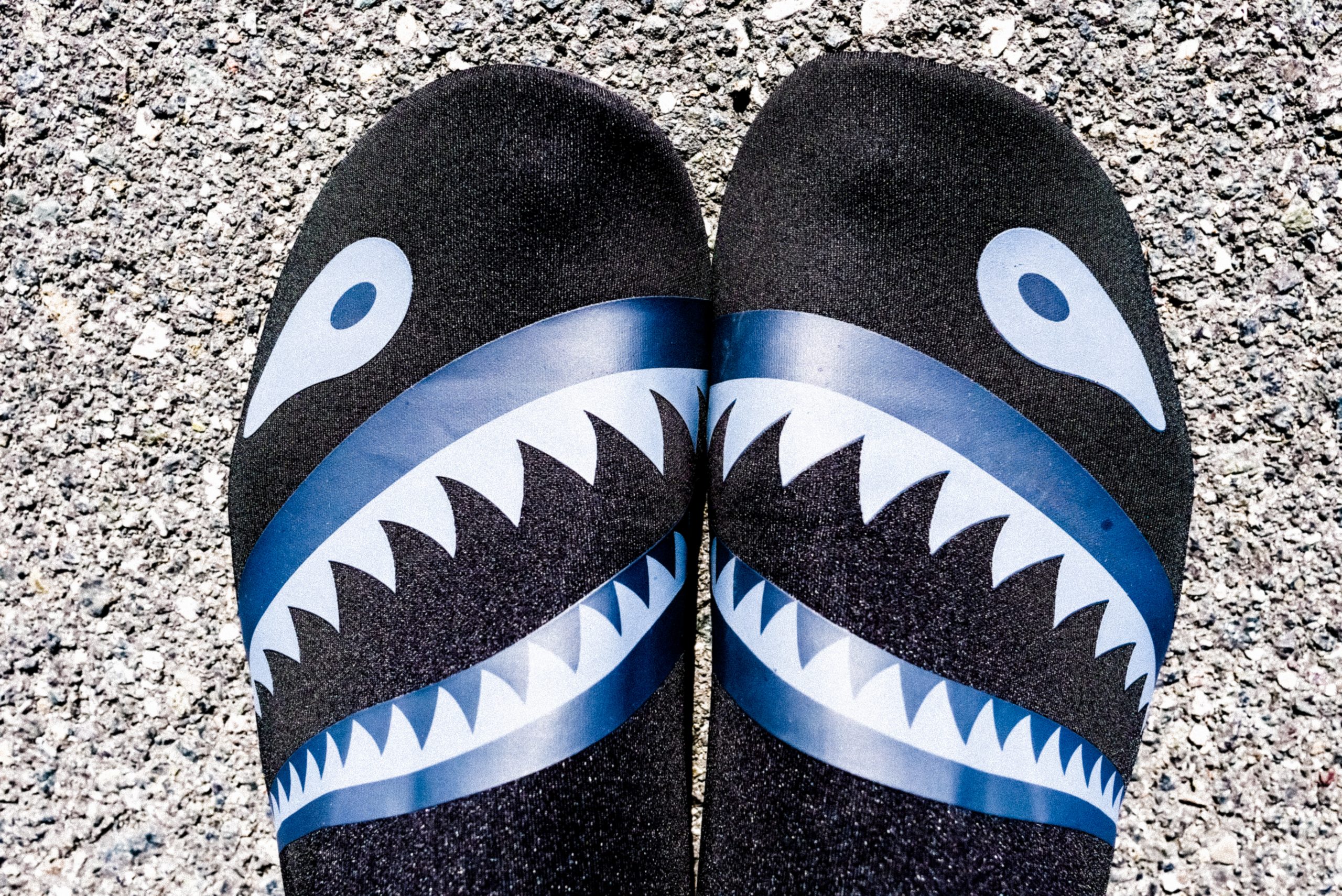

Hey friends,
I wanted to give you a quick life update from LA.
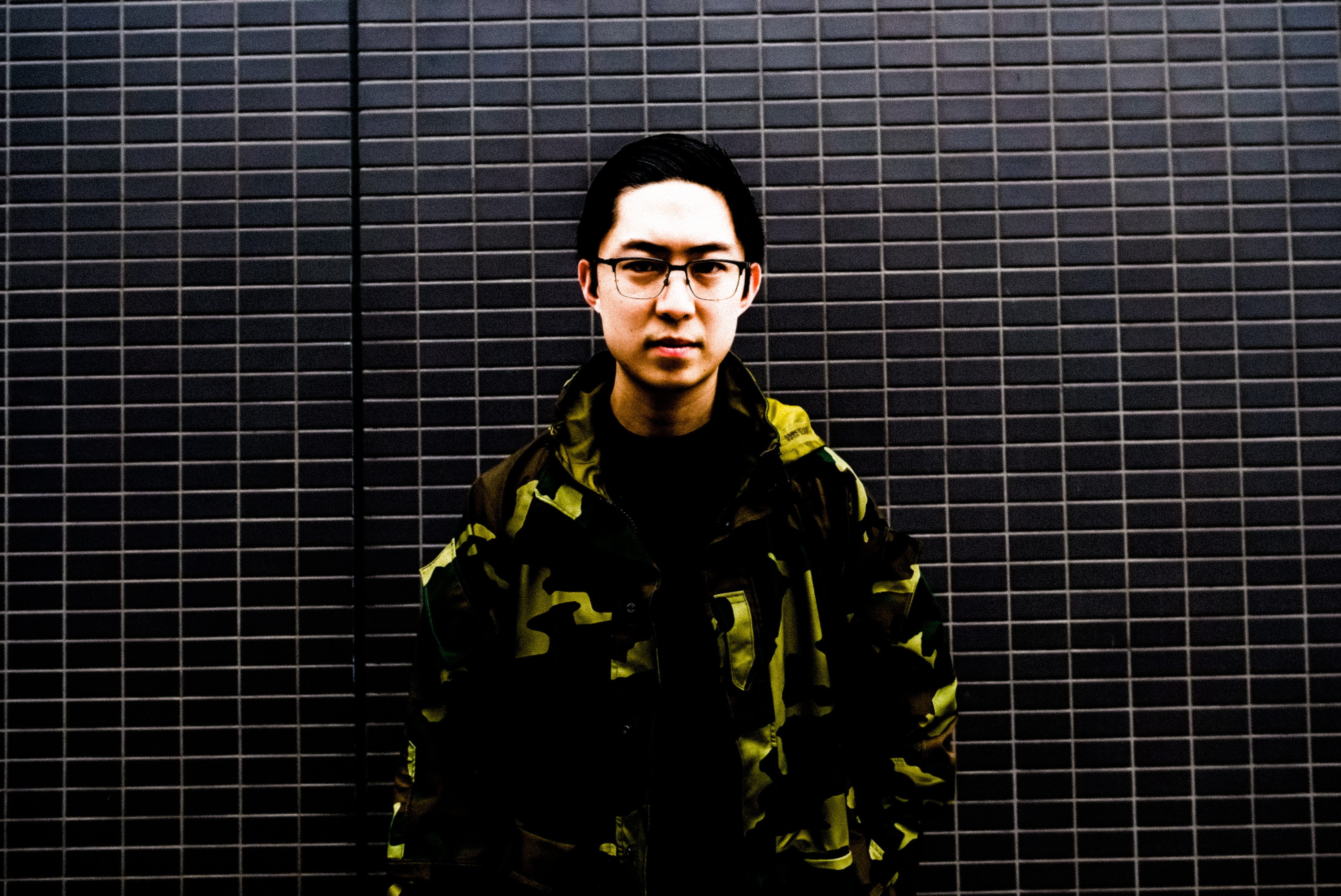

Dear friend,
A mini epiphany I had: If you’re not sure what to do with your life, or what direction to take it— consider your lifelong journey to be this: focus all your energy, ideas, and focus in becoming the most fully-developed ARTIST-PHILOSOPHER you can.
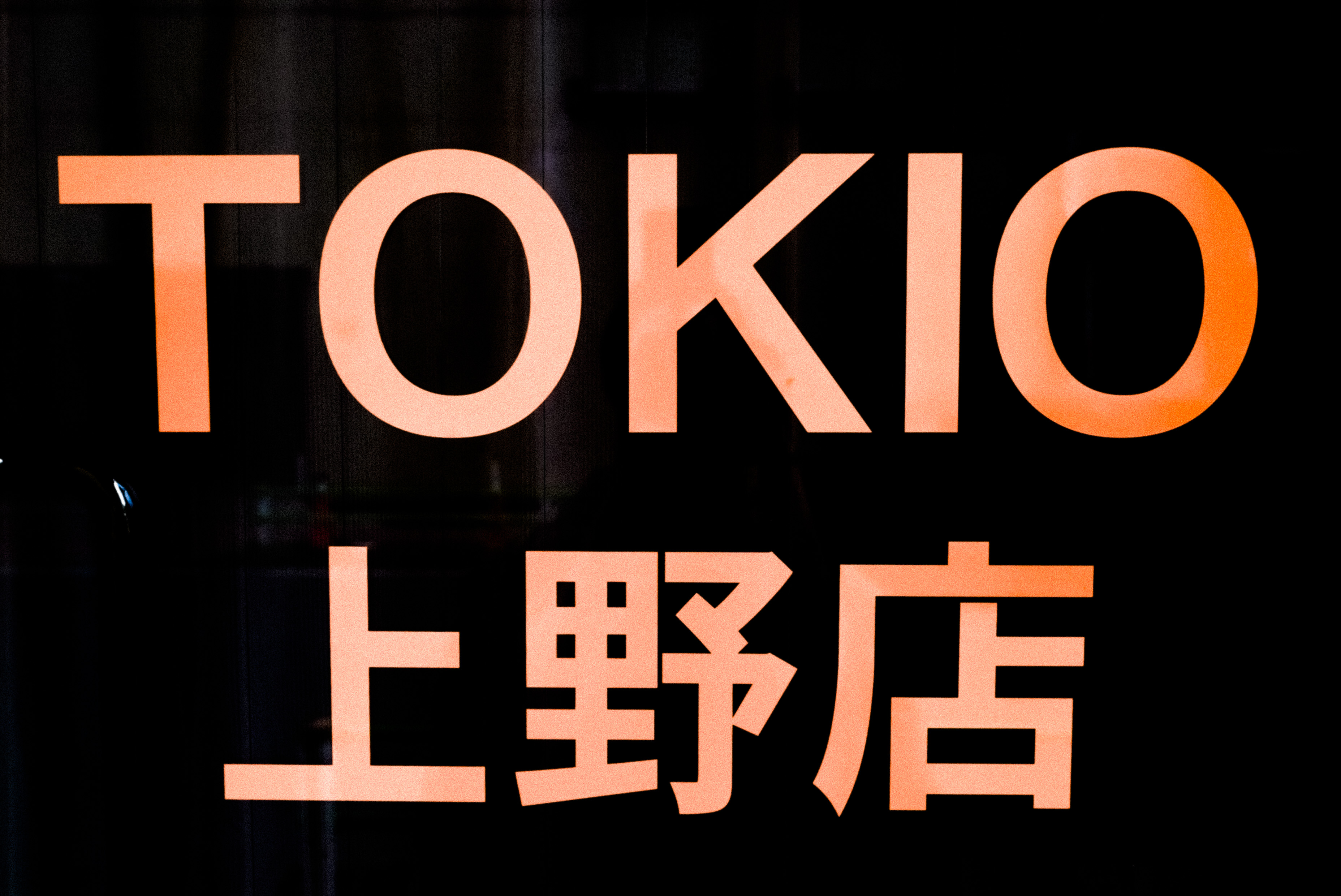
Last set from Tokyo, shot on Lumix G9 Pro, Leica 12mm f/1.4 lens (24mm full-frame equivalent), iA mode, medium-jpeg, processed in ERIC KIM PRESETS.
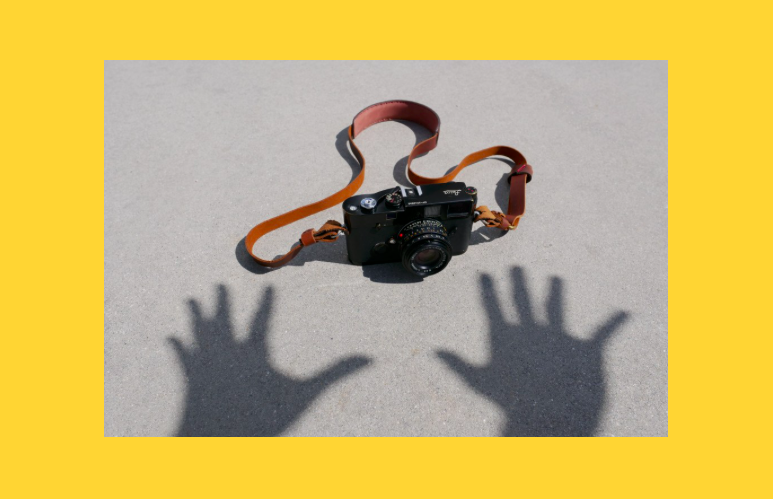

HAPTIC INDUSTRIES is proud to announce our newest product, completely handmade, limited edition HENRI SHOULDER STRAP, in two colors: Crema Brown and Phantom Black.
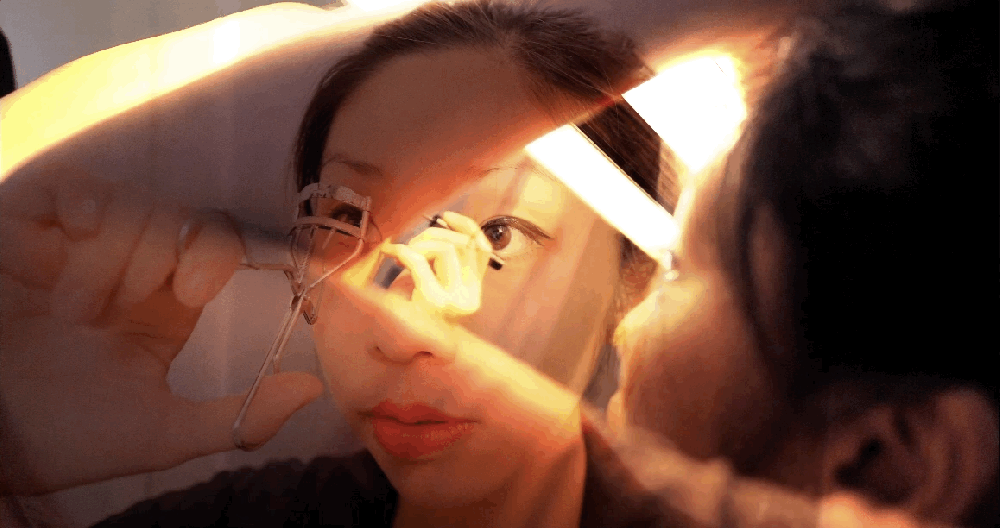

Dear friend,
A random philosophical musing: I think ‘willpower’ is misunderstood/overrated in the general sense. What exactly is ‘willpower’ — do we start each day with a limited supply of it? Do we ‘deplete’ our willpower as the day goes on? Can/how you replenish your will-power? And are some people born with more will-power than others? And if you don’t have enough ‘willpower’ — is it because you lack some sort of genetic deficiency, because you are “lazy” (attributable to your lack of effort), or can/should we blame our lack of willpower on external sources?
First of all, let us break down the word ‘willpower’.
The word ‘will’ comes from Proto-Germanic (wiljana) which means ‘to desire/wish’, which comes from Proto-Indo-European, “welh” (which means to choose/wish).
So in the general sense, to “will” is to desire/wish something.
What does the word ‘power’ mean?
The word power comes from Latin (possum/posse) which means ‘to be able’.
Therefore we can consider if someone has the ‘power’ to do something, they have the ability/faculty to do something.
Therefore the word “will-power” should be defined as this:
To be able to do something you desire.
The difficulty/trouble with will-power is this: If you somehow lack the willpower to do something, others will judge you moralistically. If you don’t have willpower, others will negatively judge you as being lazy, incompetent, and perhaps consider you an ‘evil’/bad person.
But the hard thing is this: as individuals sometimes we lack either the ability to do something, or we don’t know what we desire.
Furthermore, sometimes we do desire something — but we mistakenly think that we don’t have the ability to do it.
For example, let’s say you want to start your own business. You got a great idea and concept, but you don’t think you have the ability to do it — because you believe yourself to lack resources, money, time, or something else.
This is self-doubt. This self-doubt comes from nay-sayers, negative “haters”, or what society or our parents have socialized us into believing. It is of my belief that if you grew up without having anyone believe in you or your dreams, it technically isn’t “your fault”; rather, you were unlucky that you were born into a life situation where you didn’t have the right support network. But the positive note is this: as an adult, you have the opportunity and power/ability to control and change your life! You can decide whom to spend time with, and whom not to spend time with. You can decide and control what to spend your time, attention, and money on. You have the power and opportunity to direct your life however you would like!
This is another tricky thing: a lot of us don’t know what we desire in life. Not only that, but we must also consider: do we desire stuff (physical things?) Do we desire to obtain markings of external “success” (money, fame, influence, power)? Or do we desire to do stuff, desiring to create, or make stuff?
Personally I think we are most fulfilled when we are in the creative flow and zone of making stuff. I’m the happiest when I’m coming up with new ideas and sharing them with others. I’m happiest when I’m trying out new things, innovating new processes, discos discovering new things, learning new things, taking new risks, and taking on new challenges!
What do you desire in your life, and what do you desire to do, make, achieve, or create?
So I will break it down with you; how we can build more willpower in a practical sense.
First of all, to build “willpower” we must build more strength in our ability to do stuff.
Now, we can increase our abilities by the following:
A lot of us don’t know what we desire to do or achieve in life. And not only that, we don’t know whether our desires are genuine or not; sometimes we think we really desire to do something or achieve/possess something, but in reality, we were just spoon-fed that desire from advertising, social expectations/pressures, cultural values, etc.
I challenge you friend to spend some time to “Zen out”, disconnect yourself from the outside world (uninstall social media, distance yourself from negative people in your life) and really ask yourself:
“What do I truly desire in life?”
I don’t think there are any “right” or “wrong” answers here. Just be brutally honest to yourself.
Then ask yourself: how can I achieve my dreams? How can I do this thing I desire, everyday?
Then you can setup your life accordingly, to live our your dreams (I suggest everyday).
I cannot speak for you, but I’ll share my personal psychology with you.
In my life, I desire to seek the secrets of living the best possible life. I want to learn these truths/secrets in life and apply it to my own life, and of course I also want to share these discoveries with others.
So a lot of this in my life is self-experimentation, self-doubting, and self-introspection, risking, attempting, and trying out as well as learning new stuff.
At best I’ll live to be 100. At worst, I’ll die today by a distracted texting-while driving driver.
I value life and I love life. I love being alive, I love all people and humanity, and I want to empower all of humanity to be as happy, dope, fulfilled, and epic as possible. That’s it.
This is why I study philosophy, this is why I write, why I make videos, and why I share these ideas with you. Because I know what it feels to feel disempowered, I know what it feels to be depressed, I know what it feels like to lack willpower.
I don’t have all the answers for myself (yet), and I won’t have it all before I die. But that’s the fun and exciting thing; I’ll never stop striving, questioning, and exploring. I want to live my life to the fullest, and also help you live your life to the fullest.
So friend, once again; what do you desire to achieve in life? What’s holding you back (if anything)?
BE BOLD, be a little foolish, have fun, and put a dent in the universe!
ERIC


I just watched the film “All the Money in the World (2017)” by Ridley Scott /// cinematography by Dariusz Wolski and was blown away.
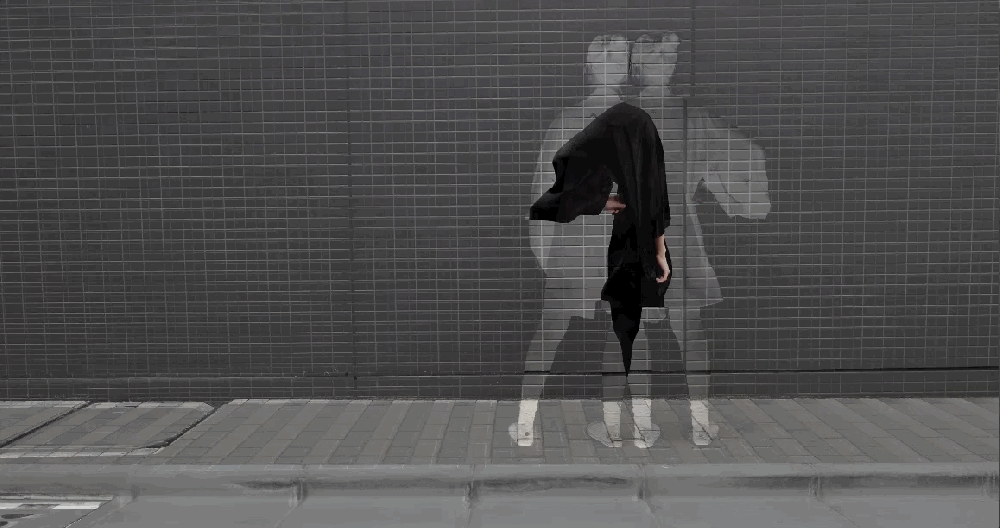

I am proud to announce that I did the cinematography for Cindy’s new film: “MISS STEP”. I wrote some of my personal lessons creating the film for her (in terms of doing the filming), but now I want to analyze some of the compositional techniques I learned (while shooting), and I have some practical video-shooting techniques I want to share with you (if you are a photographer who is interested in doing more video/cinema-work):
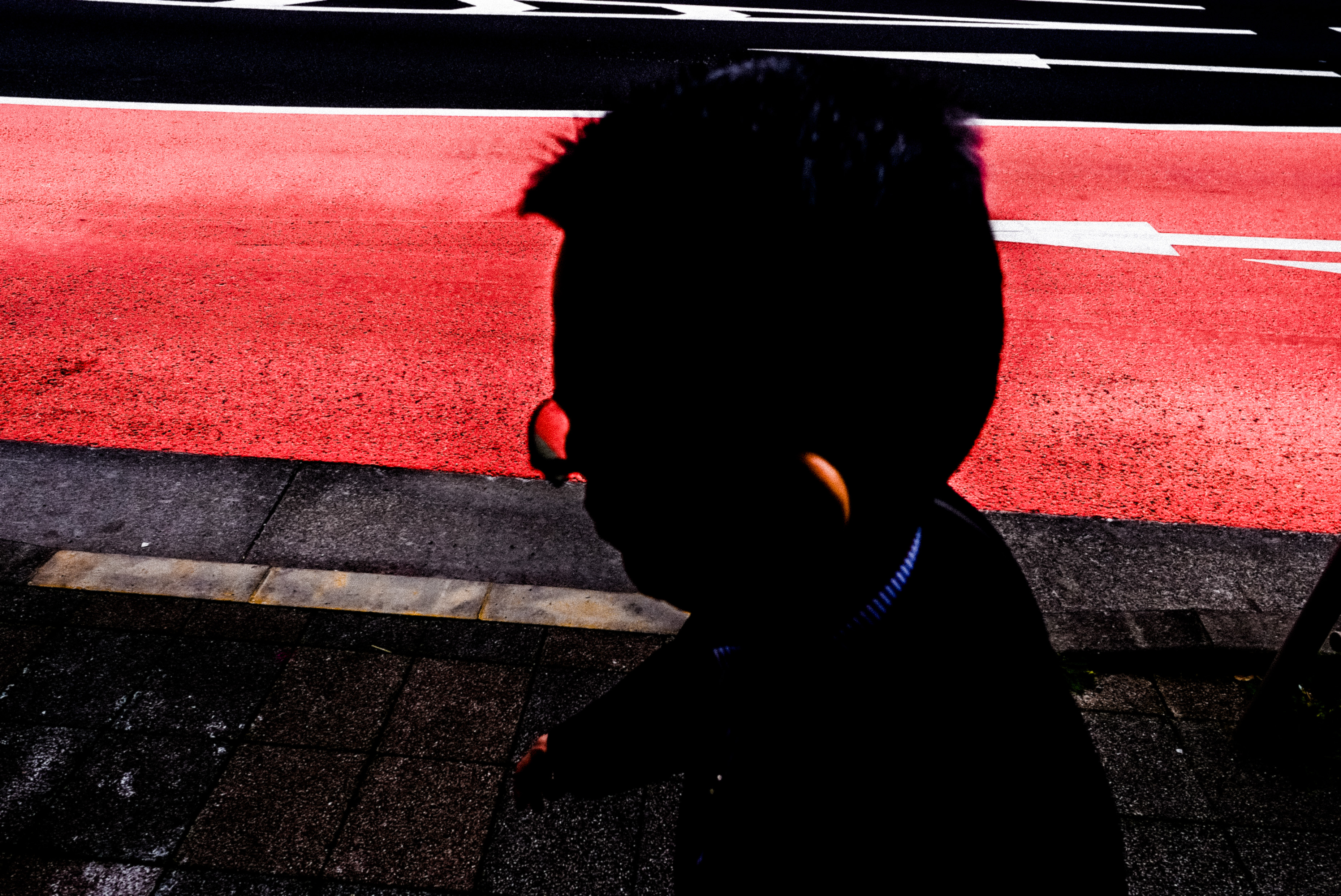

Dear friend,
One of the biggest challenges all of us face (myself included) is finding the inspiration and motivation to shoot everyday.
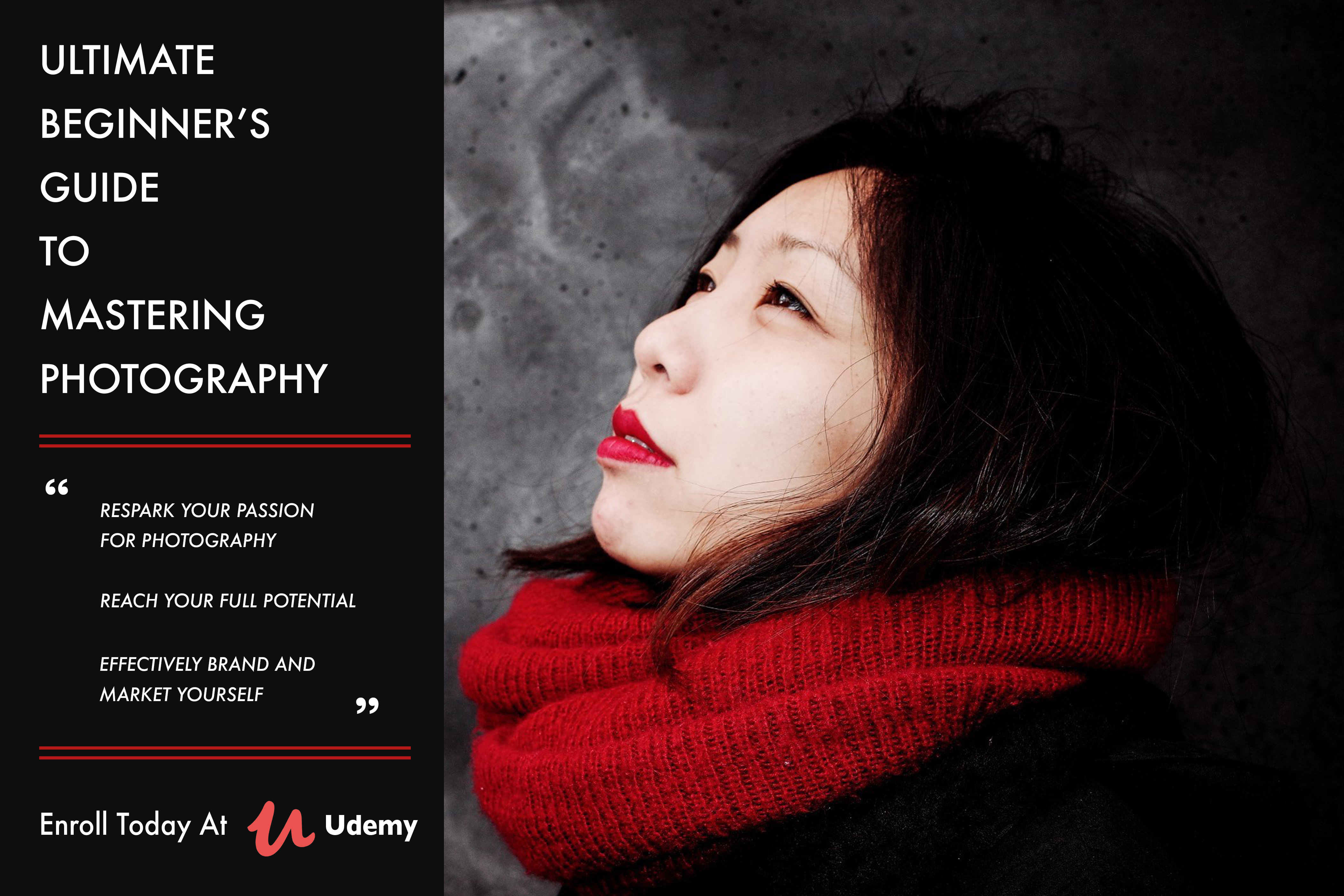

I recently dropped two new brand new courses with Cindy and Udemy: “Ultimate Beginner’s Guide to Mastering Photography” and another ambitious course, “Ultimate Beginner’s Guide to Photography Entrepreneurship” and learned a ton. If you were ever curious about teaching your own online course, here are some lessons I’ve learned, which I hope can also help you.
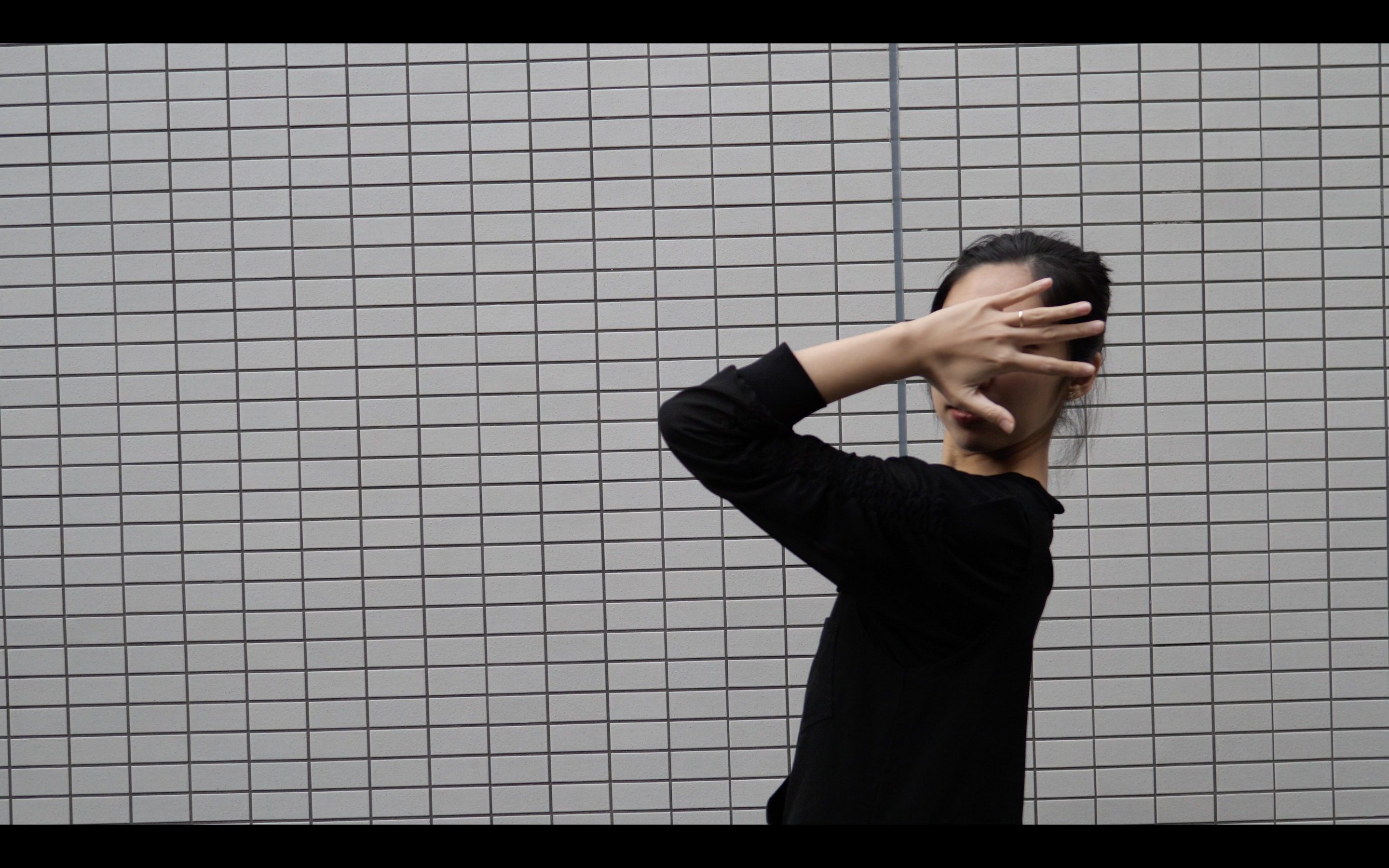

I just finished doing the cinematography for Cindy’s newest film/music video: “MISS STEPâ€; and it was a phenomenal experience.
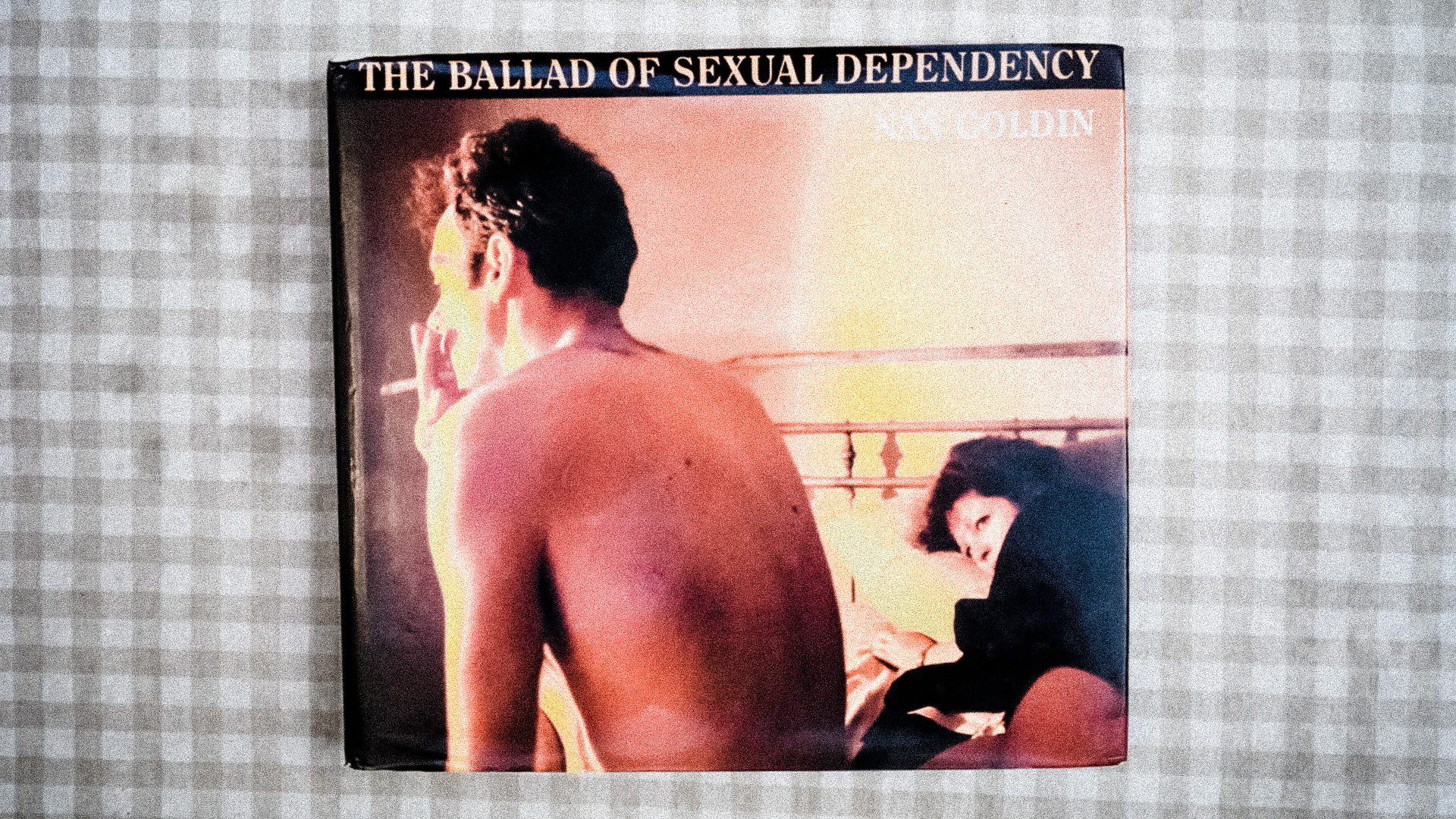

While in Photobooks DINER Megutama in Tokyo, I came across a copy of Nan Goldin’s famous “Ballad of Sexual Dependency” photobook. To me, it is the one of the most powerful photo books of all-time, about gender, sexuality, and human relationships.
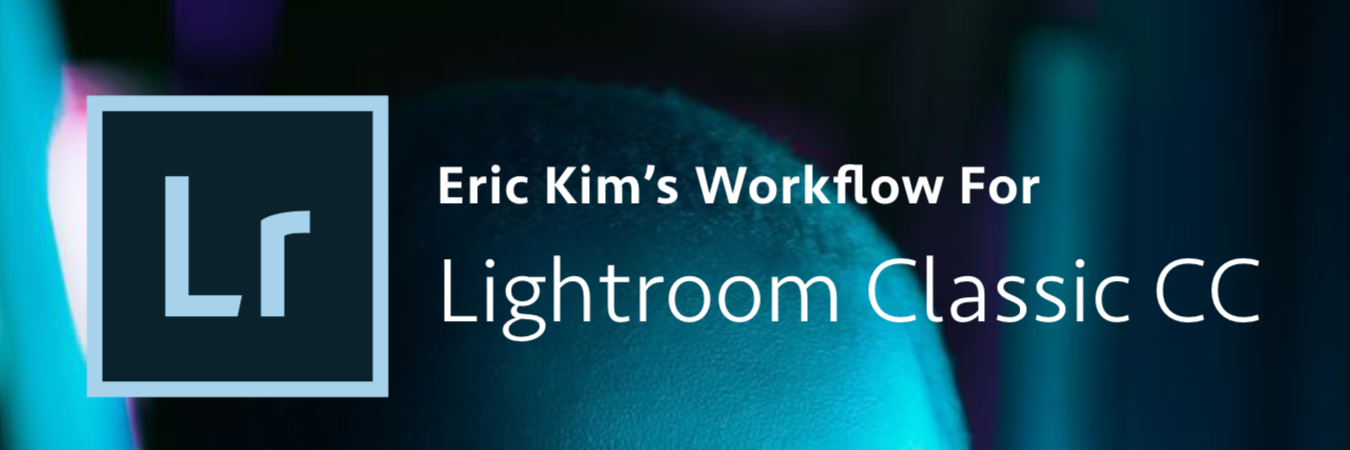
Dear friends,
I am super pumped to share this brand-new FREE Lightroom Classic CC Workflow PDF Visualization by ANNETTE KIM // from the HAPTIC team.
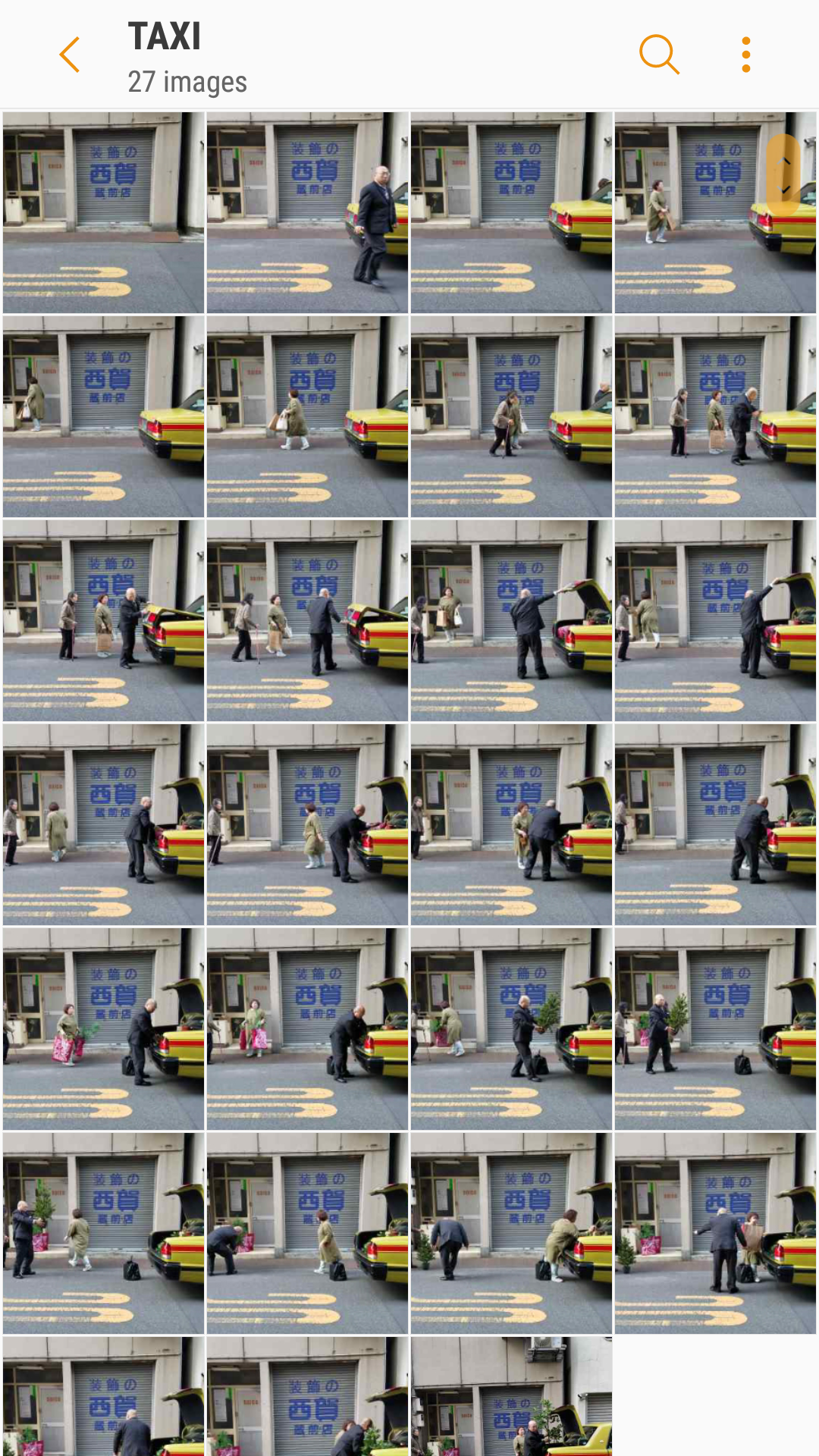
If you see an interesting scene in street photography, and you think you might be able to make a good photograph, linger longer than you think you should, continue to click the shutter, keep your feet planted, and keep shooting! The longer you linger and continue to shoot, the more likely you are to make a good photo!
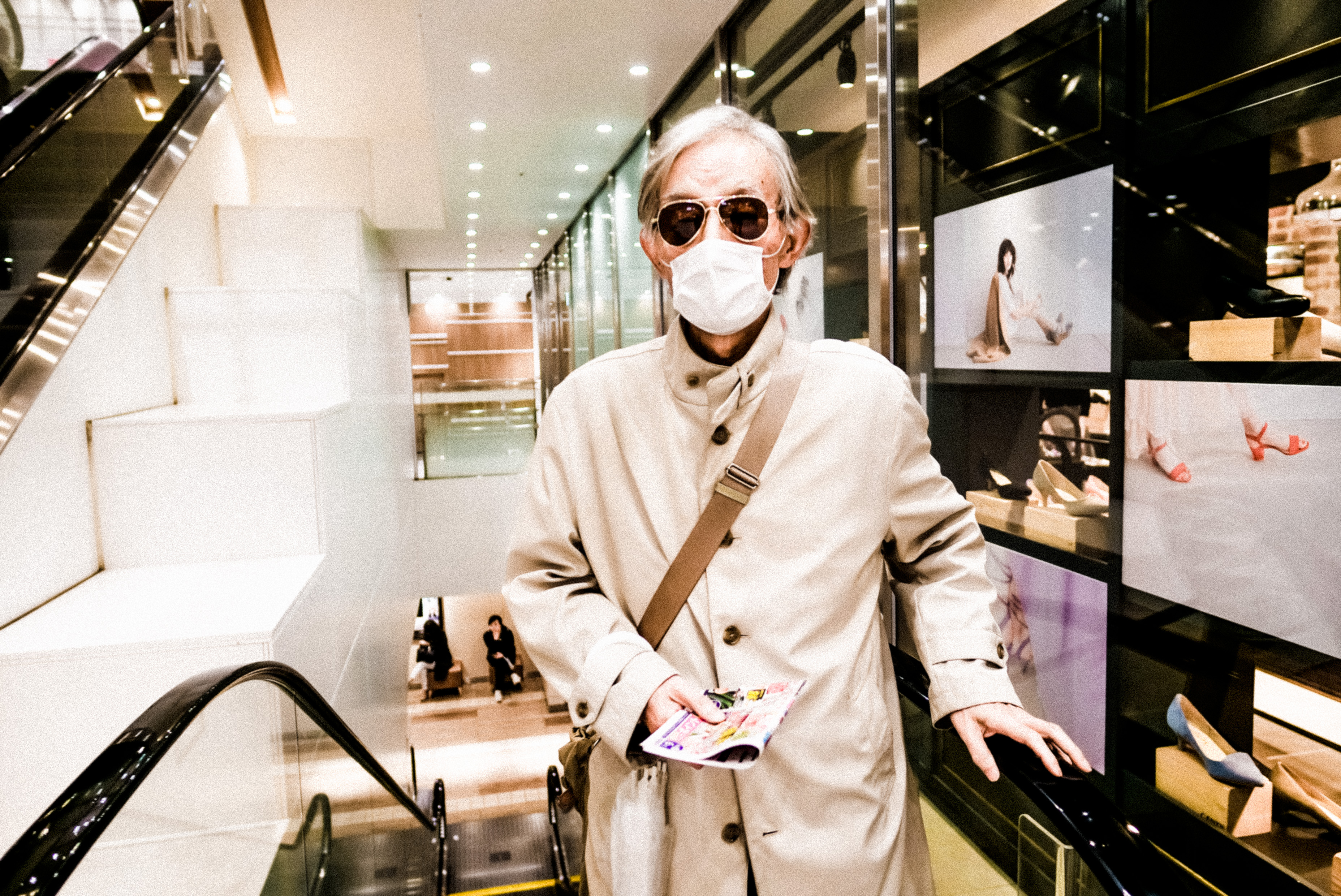
Dear friend,
Never lose your childlike sense of curiosity in street photography! Always return to beginner’s mind, to never run out of inspiration and motivation!